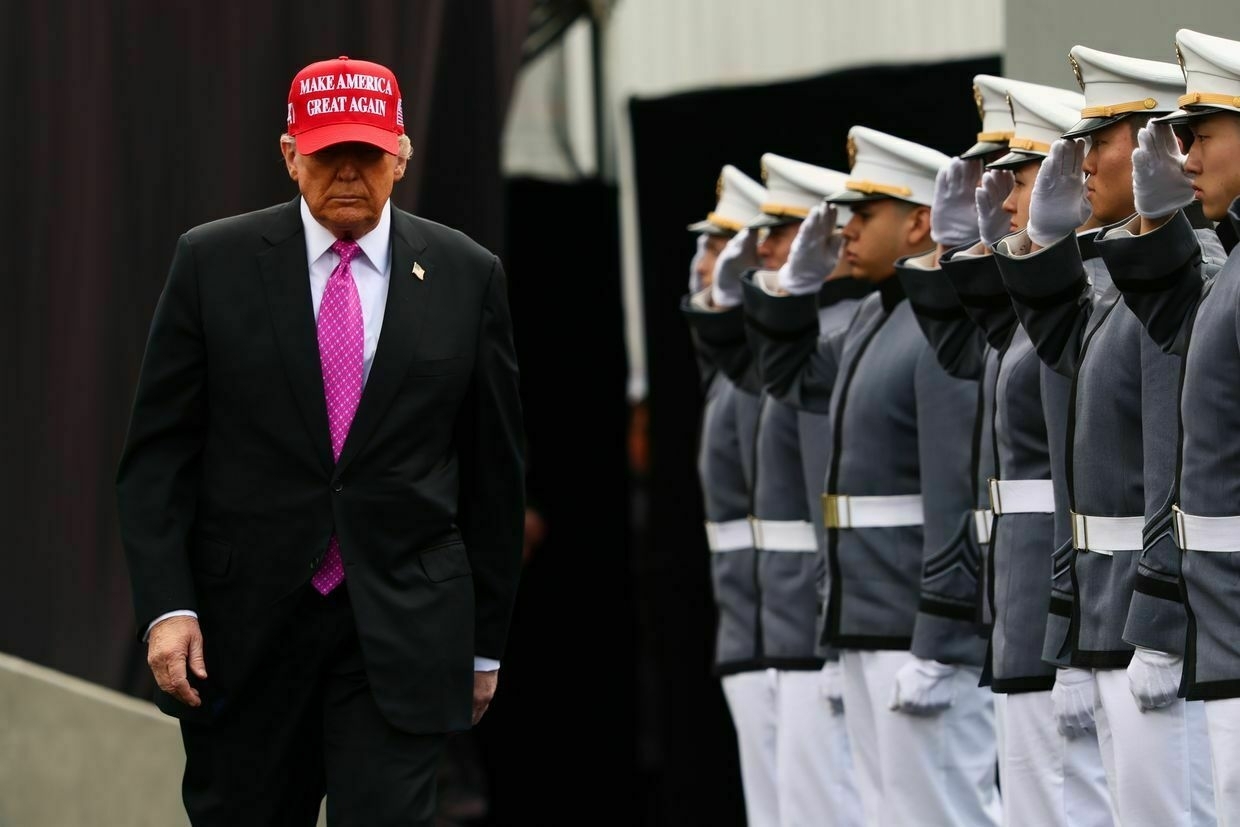-
US court blocks most of Trump's tariffs, rules he exceeded authority
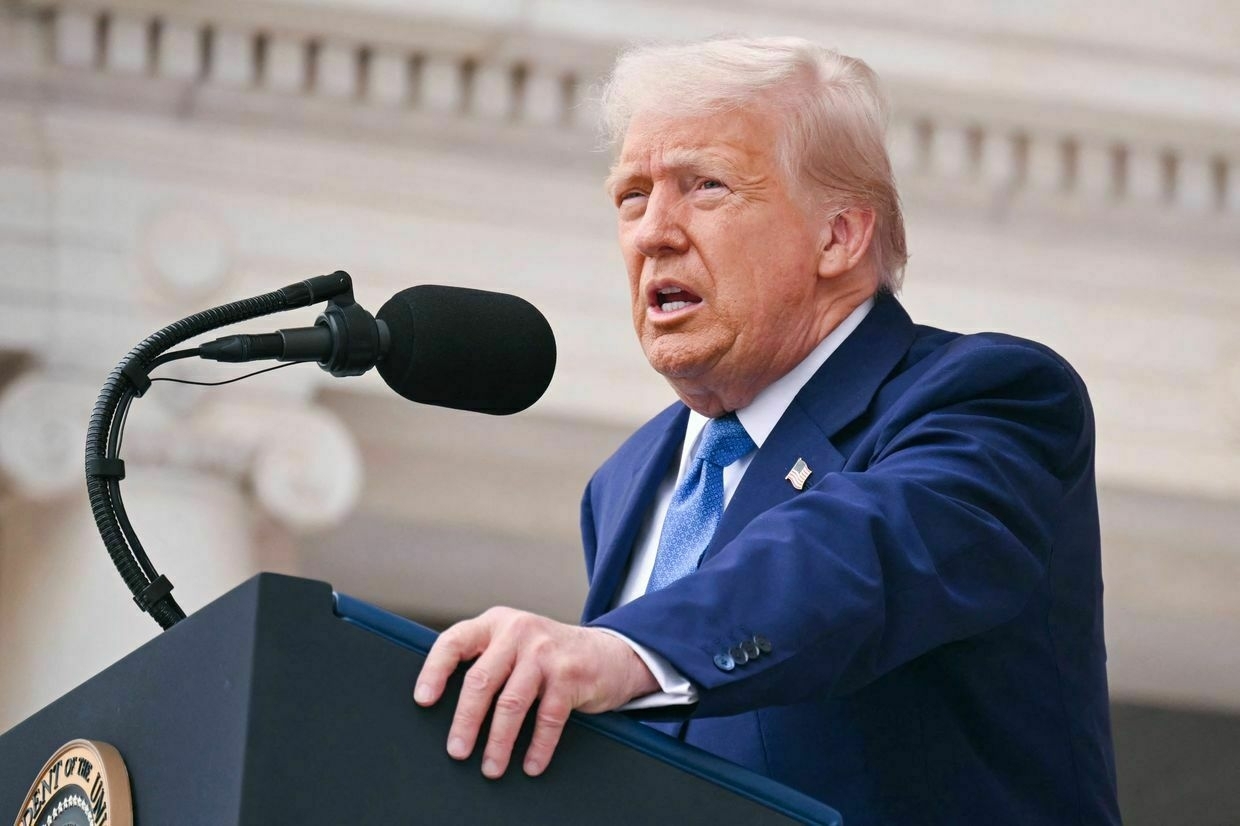
A U.S. federal court overturned on May 28 President Donald Trump’s tariffs on dozens of countries, including those affecting trade with Ukraine, according to the U.S. Court of International Trade’s ruling.
Trump announced a new sweeping tariff policy on April 2 as part of what he called “Liberation Day,” framing the tariff regime as a bid to revitalize U.S. manufacturing and fight back against foreign exploitation.
Ukraine was hit with a 10% blanket tariff on its exports, lower than the 20% imposed on the European Union. Increased rates targeted countries where the U.S. has the largest trade deficits, notably China.
Russia, Belarus, North Korea, and Cuba were not included.
The court ruled that the federal law allowing the president to impose tariffs, embargoes, and sanctions during national emergencies “does not authorize the president to impose unbounded tariffs.”
The ruling cited the U.S. Constitution, saying that it grants Congress sole authority over international trade, which is not superseded by the president’s emergency economic powers.
The court struck down the 10% tariffs applied to all U.S. trading partners to address the trade deficit, along with Trump’s proposed “reciprocal” tariffs of 20–50% on over 60 countries. This move means that the court would also block tariffs on trade with Ukraine.
Additionally, the court overturned Trump’s executive orders imposing 25% tariffs on Canadian and Mexican goods and a 20% tariff on Chinese goods.
A 10% blanket tariff on its exports was still a setback for a country at war. Kyiv’s metallurgy sector, a major source of Ukrainian exports to the U.S., was already impacted by a 25% tariff imposed in March.
In 2023, Ukrainian exports to the U.S. totaled just $874 million, while imports from the U.S. reached $3.4 billion. The overall trade volume has declined in recent years, but the tariffs could deepen the imbalance, especially if they trigger broader protectionist measures globally.
Yuliia Svyrydenko, Ukraine’s Economy Minister, called the U.S. tariffs announced in early April “difficult, but not critical,” saying Kyiv remained focused on long-term economic resilience and international cooperation.
Ukraine war latest: Moscow proposes next round of Russia-Ukraine talks on June 2 in Istanbul* Moscow proposes next round of Russia-Ukraine talks on June 2 in Istanbul * Ukrainian drones hit Russian cruise missile factory, SBU source says, in one of largest reported strikes of full-scale war * 11 more Ukrainian Children rescued from Russian-occupied territories, Yermak’s advisor says * ‘We’ll know in two weeks’ if Putin seriousThe Kyiv IndependentThe Kyiv Independent news desk
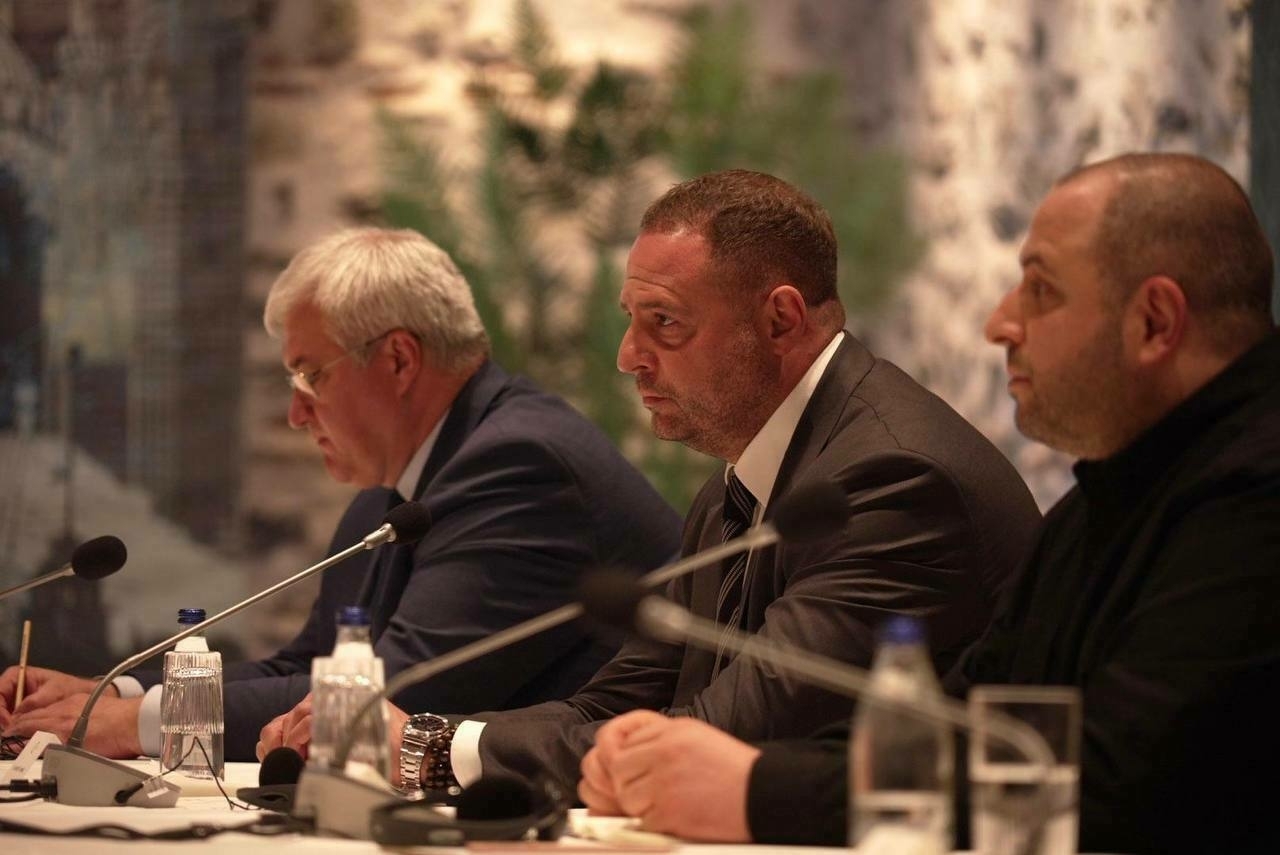
-
Elon Musk announces exit from US government role
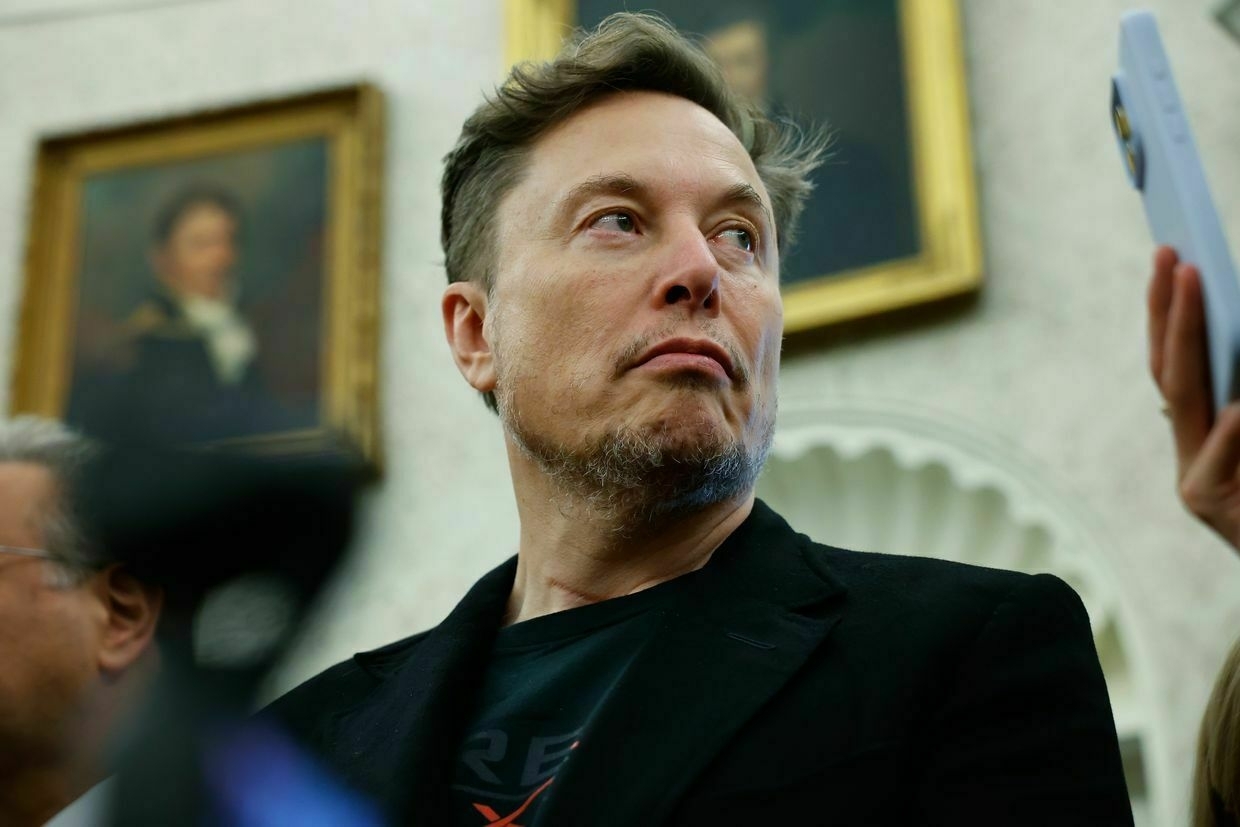
Elon Musk announced on May 29 that his time as a special government employee in the Trump administration is coming to an end, thanking U.S. President Donald Trump for the “opportunity to reduce wasteful spending."
The billionaire, who oversaw the Department of Government Efficiency’s (DOGE) massive layoffs and cuts across government agencies, said the department’s mission will continue.
“The DOGE mission will only strengthen over time as it becomes a way of life throughout the government,” Musk wrote on his social platform X.
The later days of Musk’s 130-day tenure, which is set to conclude on May 30, were accompanied by growing tensions between the world’s richest man and senior members of the Trump administration, reportedly including Treasury Secretary Scott Bessent.
Musk also criticized a massive Trump-backed domestic policy bill passed by the Republicans in the House of Representatives last week, saying the legislation “increases the budget deficit, not just decreases it, and undermines the work that the DOGE team is doing."
A White House official confirmed to Reuters that the owner of Tesla, X, and SpaceX is departing the administration. His exit, described as quick and unceremonious, was reportedly decided on a senior staff level and without a conversation with Trump, who previously repeatedly praised the billionaire.
The businessman was one of the most visible figures of Trump’s election campaign and the early days of his administration, leading the effort to dismantle the United States Agency for International Development (USAID), the U.S.’s chief foreign aid agency.
USAID was vital in providing humanitarian relief worldwide and funded thousands of programs supporting human rights, democracy, education, civil society, and infrastructure development.
Since the start of Russia’s full-scale invasion in February 2022, USAID has provided Ukraine with $2.6 billion in humanitarian aid, $5 billion in development assistance, and more than $30 billion in direct budget support, helping to rebuild schools after Russian attacks, pay for bomb shelters, advanced medical equipment for hospitals and much more.
Musk eventually scaled down his public presence amid dropping popularity ratings and slumping Tesla profits.
The businessman has also been vocal on the Russia-Ukraine war. While initially declaring support for the invaded country and providing his Starlink satellite communications to Ukraine, he gradually adopted pro-Russian and anti-Ukrainian talking points.
Musk spread narratives that President Volodymyr Zelensky has minimal support in the country, despite numerous polls showing otherwise, and accused the Ukrainian president of perpetuating a “never-ending draft meat grinder."
The billionaire has also repeatedly campaigned against military aid for Kyiv, claiming it only prolongs the war.
Trump admits to protecting Russia from ‘really bad things’ during Ukraine peace talksTrump’s comments come amid growing pressure on the U.S. administration to respond to escalating Russian attacks.The Kyiv IndependentTim Zadorozhnyy
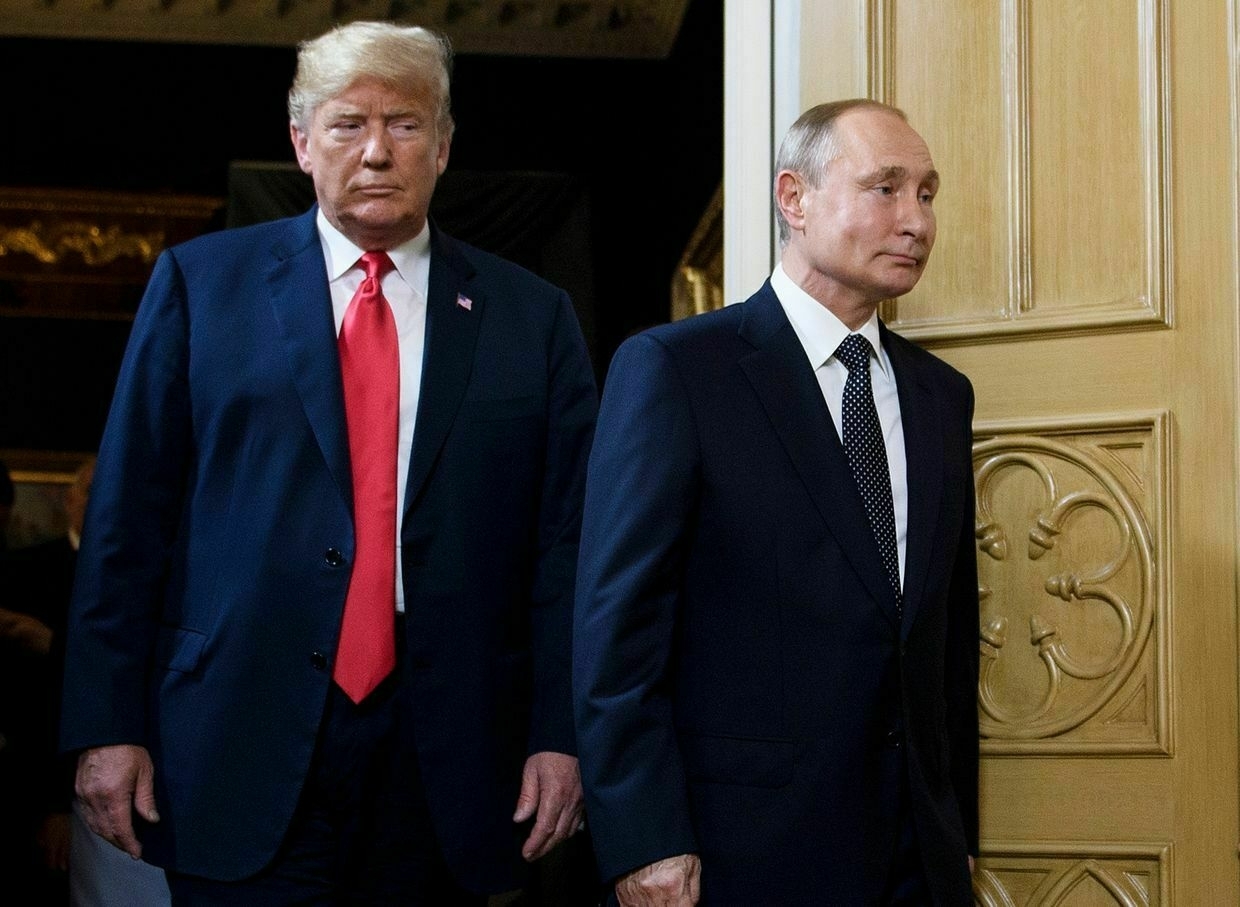
-
Remaining Voice of America employees expected to receive termination notice this week, Politico reports
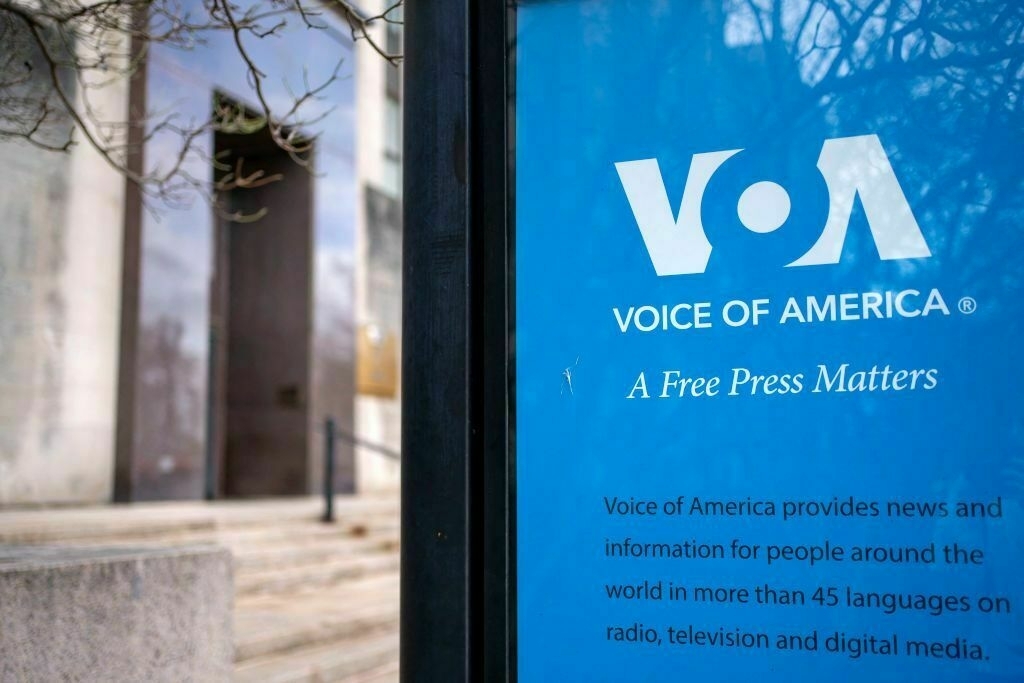
Approximately 800 remaining full-time Voice of America (VOA) employees are expected to receive a notice of termination this week amid the Trump administration’s funding cuts, Politico reported on May 28, citing four VOA employees.
On March 15, Trump administration officials gutted funding for the U.S. Agency for Global Media (USAGM), which oversees VOA.
In an email obtained by the Kyiv Independent in March, employees at VOA were instructed “not to enter USAGM premises” nor “access USAGM systems.” Over 1,300 journalists, producers and support staff working at VOA were also placed on administrative leave.
A senior VOA employee told Politico that USAGM-led layoffs would likely affect all staff, effectively shuttering operations. Earlier this month on May 15, about 600 contractors working for VOA received termination notices.
VOA was founded in 1942, broadcasting in almost 50 languages around the world.
Amid attempts by journalists to overturn the decision to gut funding, a U.S. federal judge on April 22 ordered the Trump administration to restore all employees and contractors at VOA, saying the administration’s efforts to dismantle the outlet likely violated U.S. law.
Last week, a federal appeals court overturned the decision, deciding that it would not intervene in the Trump administration’s efforts to dismantle the long-standing network.
Trump has long criticized U.S.-funded media organization, criticizing them over their coverage of the U.S. president, and often referring to them as “fake news."
Trump’s crackdown against VOA has been celebrated by Russian propagandists, who welcomed the cuts to the network.
Ukraine war latest: Moscow proposes next round of Russia-Ukraine talks on June 2 in Istanbul* Moscow proposes next round of Russia-Ukraine talks on June 2 in Istanbul * Ukrainian drones hit Russian cruise missile factory, SBU source says, in one of largest reported strikes of full-scale war * 11 more Ukrainian Children rescued from Russian-occupied territories, Yermak’s advisor says * ‘We’ll know in two weeks’ if Putin seriousThe Kyiv IndependentThe Kyiv Independent news desk
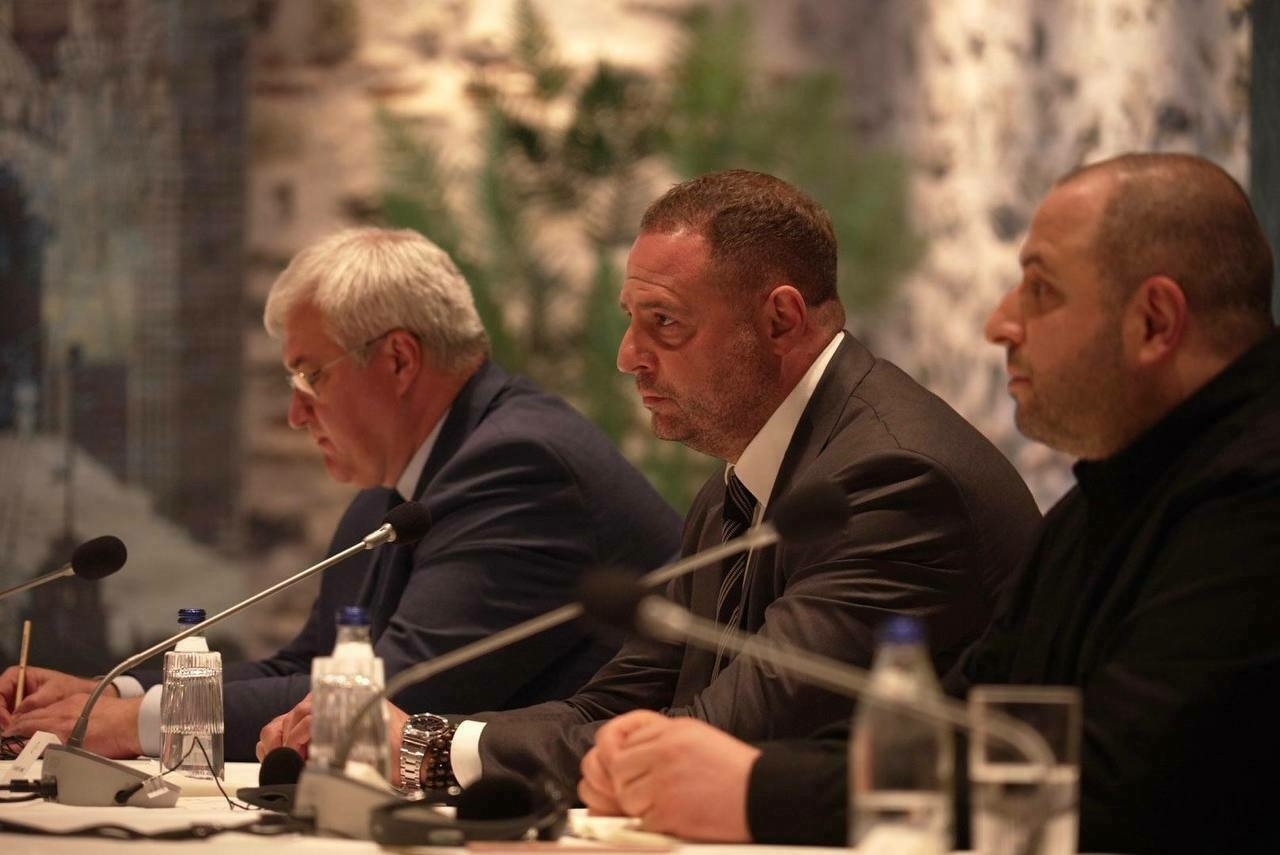
-
Trump holds off on sanctions to push Ukraine-Russia peace efforts
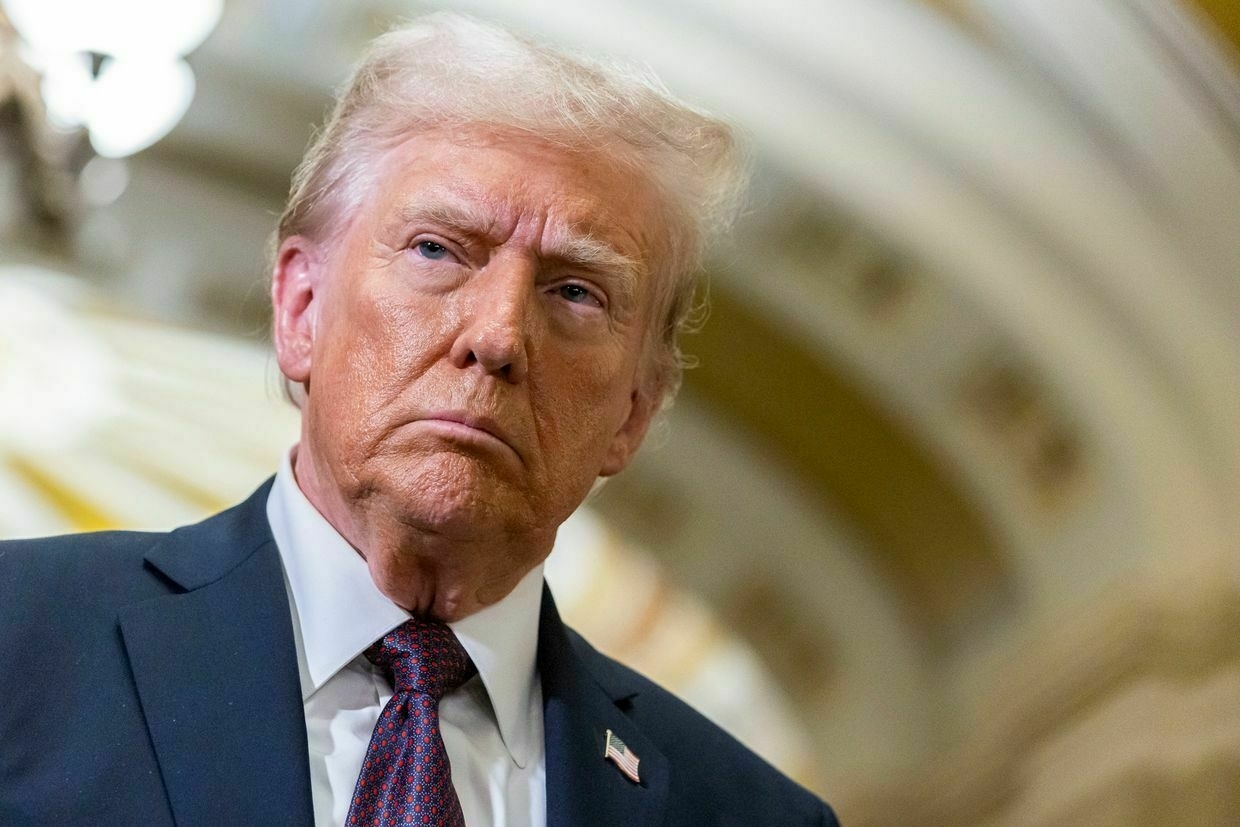
U.S. President Donald Trump said on May 28 that he has not yet imposed new sanctions on Russia because he believes a peace deal to end the war in Ukraine may be within reach.
“If I think I’m close to getting a deal, I don’t want to screw it up by doing that,” he told reporters, adding that he is “much tougher” than those he is negotiating with.
Trump said the United States would soon learn whether Russian President Vladimir Putin is genuinely interested in ending the war. If it becomes clear that Moscow is stalling, Trump warned, Washington would “respond a little bit differently.”
CNN reported on May 27 that Trump is weighing new sanctions on Russia after a deadly weekend of missile and drone strikes across Ukraine. Russian forces on May 26 conducted what Ukrainian authorities described as the largest drone attack of the full-scale war, reportedly involving 355 Shahed-type drones and decoys.
During a phone call with Russian President Vladimir Putin on May 19, Trump was told that a “memorandum of peace” outlining conditions for a ceasefire would be delivered shortly. As of May 27, no such document has been received, a U.S. official and a White House source familiar with the matter told CNN.
Responding to a question on whether Putin is serious about peace, Trump said that “We’re going to find out very soon. It’ll take about two weeks, or week and a half.”
“They seem to want to do something. But until the document is signed, I can’t tell you… I’m very disappointed at what happened. A couple of nights now where people were killed in the middle of what you would call a negotiation.”
Trump added that he would be willing to meet both President Volodymyr Zelensky and President Putin “if necessary.”
Earlier in the day, Russian Foreign Minister Sergey Lavrov said Moscow had proposed a new round of peace talks with Ukraine to be held in Istanbul on June 2.
Ukrainian Defense Minister Rustem Umerov said that Kyiv is still awaiting the Russian side’s proposed ceasefire memorandum, which was expected following peace talks in Turkey earlier this month. The Ukrainian side has presented their document to Russia, according to the minister.
Ukraine war latest: Moscow proposes next round of Russia-Ukraine talks on June 2 in Istanbul* Moscow proposes next round of Russia-Ukraine talks on June 2 in Istanbul * Ukrainian drones hit Russian cruise missile factory, SBU source says, in one of largest reported strikes of full-scale war * 11 more Ukrainian Children rescued from Russian-occupied territories, Yermak’s advisor says * ‘We’ll know in two weeks’ if Putin seriousThe Kyiv IndependentThe Kyiv Independent news desk
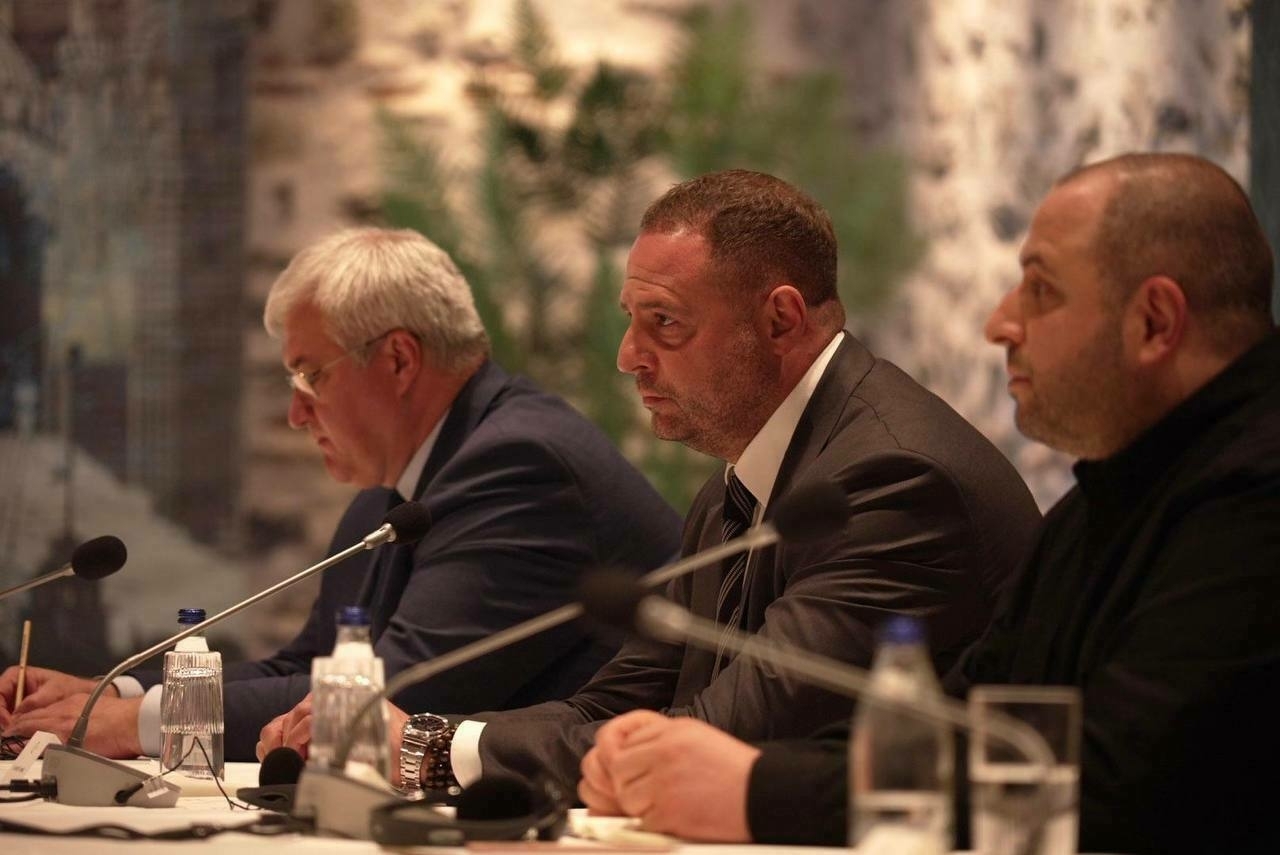
-
Ukraine war latest: Moscow proposes next round of Russia-Ukraine talks on June 2 in Istanbul
- Moscow proposes next round of Russia-Ukraine talks on June 2 in Istanbul
- Ukrainian drones hit Russian cruise missile factory, SBU source says, in one of largest reported strikes of full-scale war
- 11 more Ukrainian Children rescued from Russian-occupied territories, Yermak's advisor says
- 'We'll know in two weeks' if Putin serious about ending war, Trump says
- Germany pledges 5 billion euros in new aid to Ukraine, no Taurus missiles announced
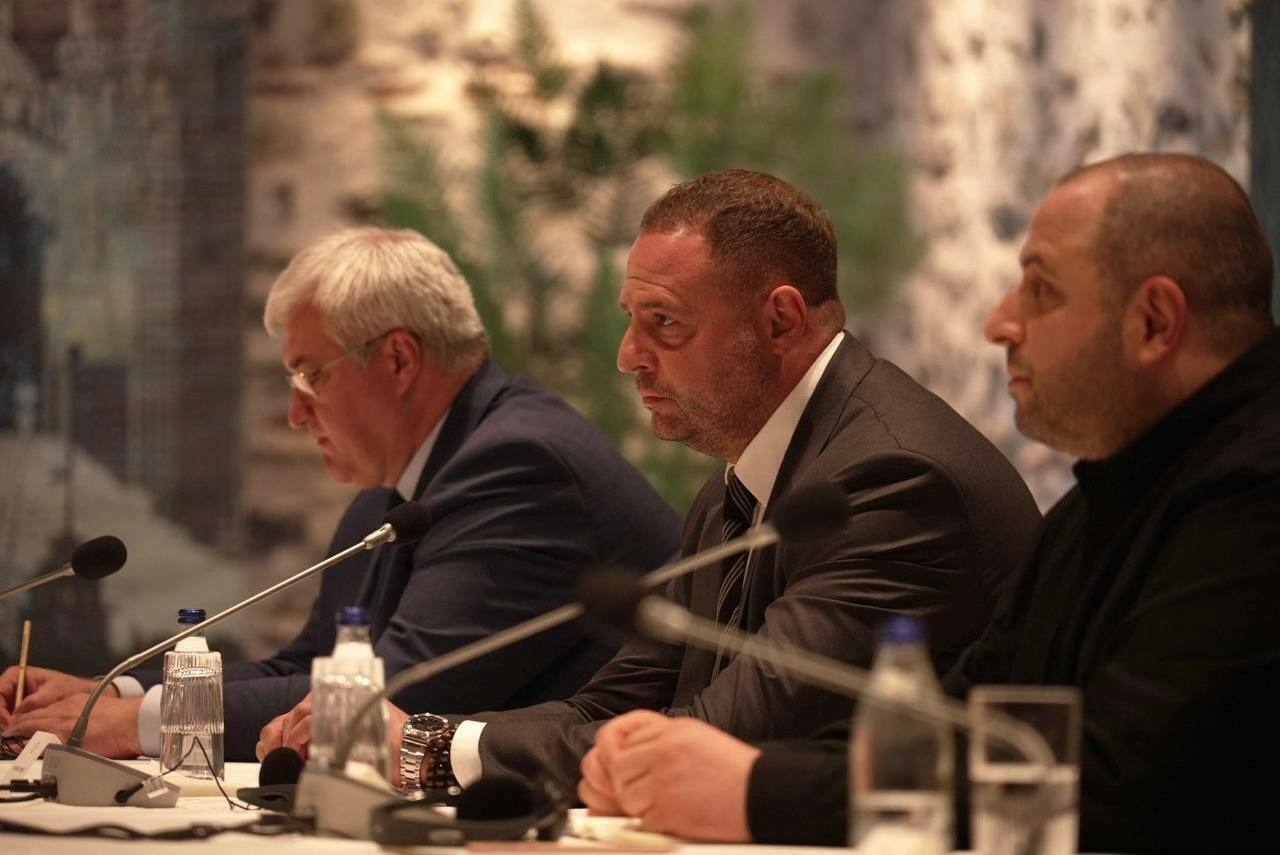
Moscow has proposed June 2 as the date for the next round of talks with Ukraine in Istanbul, Russian Foreign Minister Sergey Lavrov said during a press conference.
In his remarks, Lavrov said the talks would be a continuation of the process launched during earlier negotiations on May 16 in Istanbul.
"In Istanbul, it was agreed that Moscow and Kyiv would prepare documents setting out the positions of each side to reach a sustainable resolution," Lavrov said. "The Russian side, as agreed, promptly drafted a corresponding memorandum, which lays out our position on all aspects of reliably overcoming the root causes of the crisis."
Under the guise of so-called "root causes," Russia has repeatedly reiterated its long-standing maximalist demands of Ukraine — the same ones it has voiced since the start of the full-scale invasion and has used as propaganda to justify its aggression against Ukraine.
Among them, Moscow insists Kyiv withdraw from four partially occupied Ukrainian regions it claims to have annexed.
Russia's memorandum also reportedly includes a written pledge that NATO will not expand further eastward, effectively blocking Ukraine, Georgia, and Moldova from joining, as well as the lifting of some Western sanctions, resolution of frozen Russian assets, and "the protection of Russian-speaking Ukrainians."
Lavrov added that the Russian delegation, led by presidential aide Vladimir Medinsky, is prepared to present this memorandum to the Ukrainian side and provide necessary clarifications during the second round of negotiations in Istanbul on June 2.
EU announces new Black Sea security strategy to counter Russian threats, top diplomat saysEU High Representative Kaja Kallas proposed creating a Black Sea Maritime Security Hub, envisioned as an early warning and monitoring system that would enhance situational awareness and protect key infrastructure.The Kyiv IndependentAnna Fratsyvir
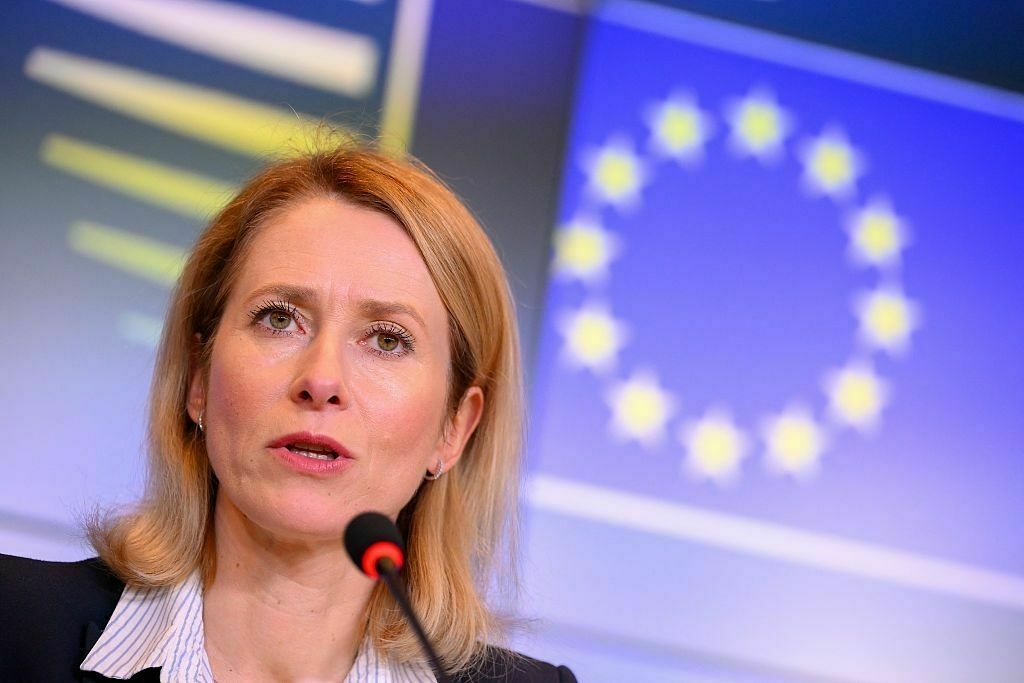
Ukrainian drones hit Russian cruise missile factory, SBU source says, in one of largest reported strikes of full-scale warUkrainian long-range drones hit the Raduga enterprise in the town of Dubna in Moscow Oblast, which produces cruise missiles, a source in the Security Service of Ukraine (SBU) told the Kyiv Independent on May 28.
The drones also successfully struck the Kronstadt drone enterprise in the same town, the Angstrem microelectronics plant in Zelenograd in Moscow Oblast, and the Dmitrievsky Chemical Plant in Ivanovo Oblast, the General Staff of Ukraine's Armed Forces reported.
Ukrainian drones bypassed Russian air defenses near Raduga and hit the assembly and outfitting workshops of the plant, which were still on fire as of 3 p.m. local time, the source said.
The factory, located 130 kilometers (80 miles) from Moscow, produces Kh-101/555, Kh-69, and Kh-59MK missiles used in attacks against Ukraine. The Raduga enterprise is a part of the Tactical Missile Defense Corporation.
Earlier in the day, independent news channel Astra reported that drones attacked the Kronstadt drone facility, publishing videos shot by local residents showing a drone flying over the city. The videos also show smoke rising above the area where the enterprise is located.
The Kronstadt facility specializes in the production of Orion, Molniya, Grom, and other drones, according to the Ukrainian military.
Ukrainian Security Service charges captured Russian soldier with executing POWsAccording to the SBU, the soldier, a rifleman with Russia’s 40th Separate Marine Brigade, participated in the point-blank shooting of two detained Ukrainian servicemen on Jan. 9 near Kursk.The Kyiv IndependentAnna Fratsyvir
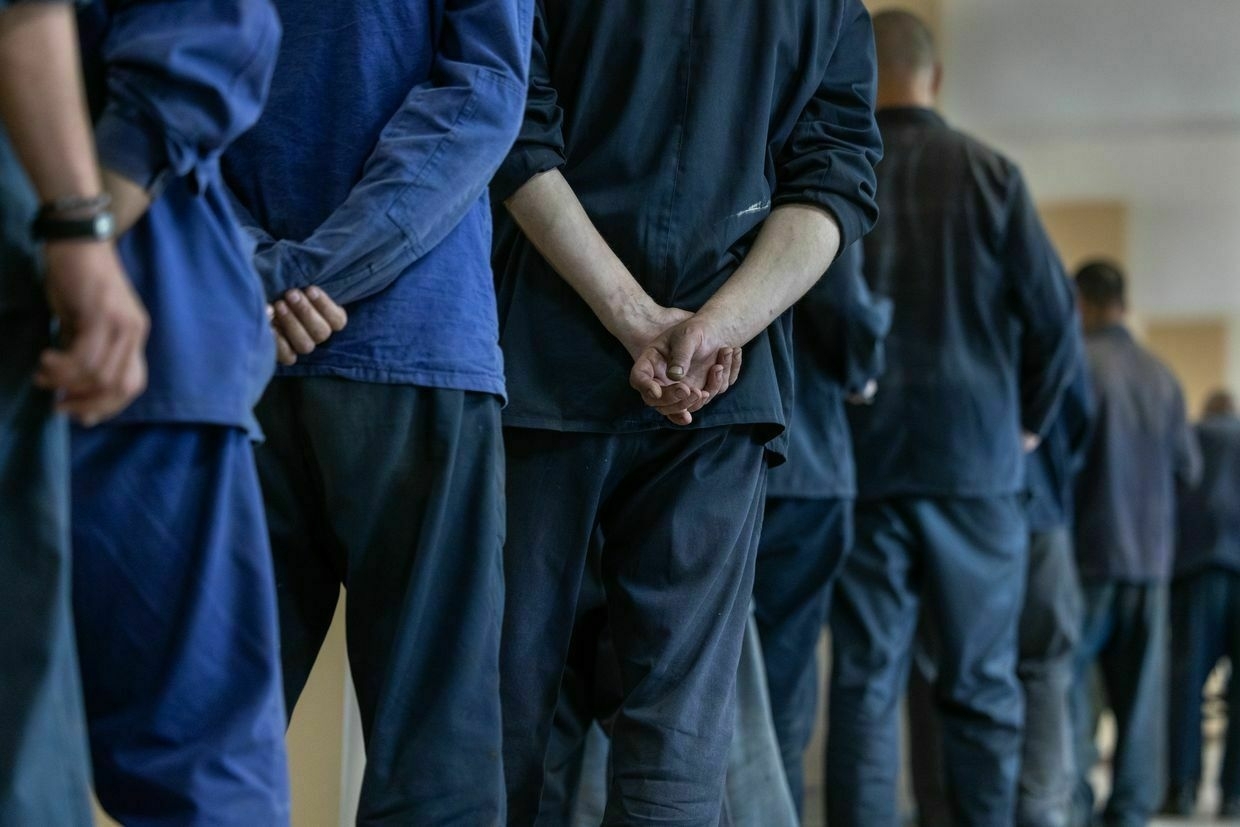
11 more Ukrainian Children rescued from Russian-occupied territories, Yermak's advisor saysEleven more Ukrainian children have been successfully returned from Russian-occupied territories as part of the national "Bring Kids Back UA" initiative, Daria Zarivna, an advisor to President Volodymyr Zelensky’s chief of staff and head of the project, said on May 28.
Among those rescued is a young girl whose mother and brother, both defenders of the Azovstal steel plant in Mariupol, spent more than three years in Russian captivity.
"All this time, the mother did not know whether she would ever see her children again. During the exchange, she met her son on the bus, and today she was finally able to hug her little girl," Zarivna said.
Another boy was reunited with his father and brother, both Ukrainian soldiers. The father has been serving on the front lines, while the brother had also been held in Russian captivity for over three years.
Zarivna also said a teenage boy who had been orphaned was rescued from Russian forces. The child had been kidnapped from his school, held in a basement, tortured, and nearly conscripted into the Russian army days before his 18th birthday.
The operation is the latest in a series of rescue missions under Bring Kids Back UA, a national initiative launched by Zelensky to coordinate the return of children abducted during Russia's full-scale invasion.
'We'll know in two weeks' if Putin serious about ending war, Trump saysU.S. President Donald Trump said on May 28 the U.S. would soon know whether Russian President Vladimir Putin is serious about ending the war in Ukraine, warning that if Moscow is stalling, Washington would "respond a little bit differently."
Trump said his Special Envoy Steve Witkoff is currently negotiating with Russian side, claiming he "is doing a phenomenal job."
"We're going to find out very soon. It'll take about two weeks, or week and a half,” Trump told reporters during a briefing, responding to a question on whether Putin wants to end the war.
"They seem to want to do something. But until the document is signed, I can't tell you... I'm very disappointed at what happened. A couple of nights now where people were killed in the middle of what you would call a negotiation." Trump did not clarify which document he was referring to.
Trump said he disapproved of Russia's recent missile attacks on Ukrainian cities during ongoing diplomatic efforts. "That's no good. We're not going to allow it," he said.
If Germany sends Taurus missiles to Ukraine, Russia has a major Crimean Bridge problemLatest: Germany pledges 5 billion euros in new aid to Ukraine, no Taurus missiles announced A statement from German Chancellor Friedrich Merz on May 26 about long-range strikes inside Russia resurrected a long-held hope in Ukraine — that Berlin is finally about to send Kyiv its Taurus missiles. “There are noThe Kyiv IndependentKollen Post
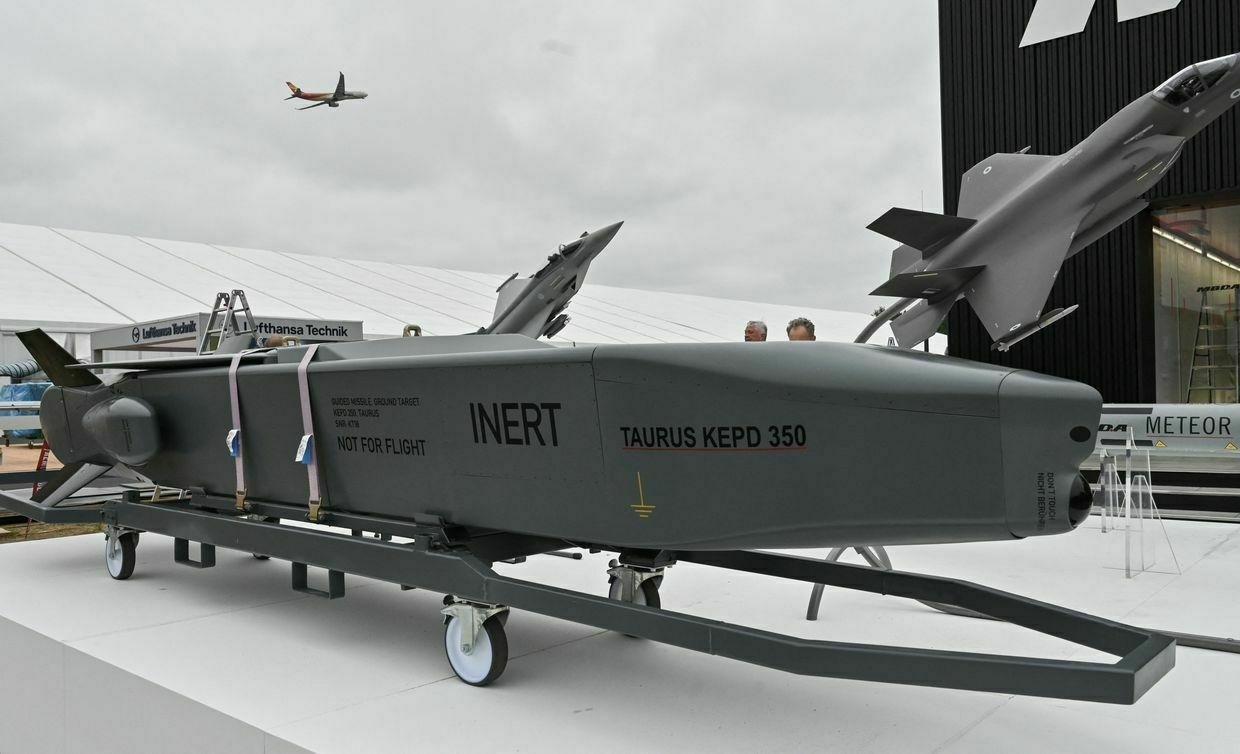
Germany pledges 5 billion euros in new aid to Ukraine, no Taurus missiles announcedGermany has unveiled a military aid package for Ukraine worth 5 billion euros ($5.65 billion), the country's Defense Ministry said in a statement on May 28 after Chancellor Friedrich Merz and President Volodymyr Zelensky met in Berlin.
German Defense Minister Boris Pistorius and Ukrainian Defense Minister Rustem Umerov signed the accord in Berlin's Bendlerblock, the headquarters of the German Defense Ministry. The agreement includes direct German investments in Ukraine's defense industry and a broader treaty between Kyiv and German arms manufacturers.
Under the new agreement, Germany will help fund the production of long-range weapons systems inside Ukraine — tapping into the country's existing industrial capacities and technical expertise, the statement read.
German Defense Ministry said a significant number of these systems are expected to be manufactured by the end of 2025, with the first batch ready for deployment in the coming weeks. Since these systems are already in service with the Ukrainian military, no additional training is needed for their use.
Berlin also reaffirmed its commitment to supply Ukraine with critical ammunition and weapons. The arms heading Kyiv's way include air defense systems, artillery, systems of land weapons and handguns. No Taurus missiles were publicly announced as part of the package.
The meeting between Merz and Zelensky in Berlin was preceded by speculation that Germany would finally reverse its long-held policy of not sending Taurus missiles to Kyiv over fears of escalating the war against Russia.
Note from the author:
Ukraine War Latest is put together by the Kyiv Independent news desk team, who keep you informed 24 hours a day, seven days a week. If you value our work and want to ensure we have the resources to continue, join the Kyiv Independent community.
-
'We'll know in two weeks' if Putin serious about ending war, Trump says
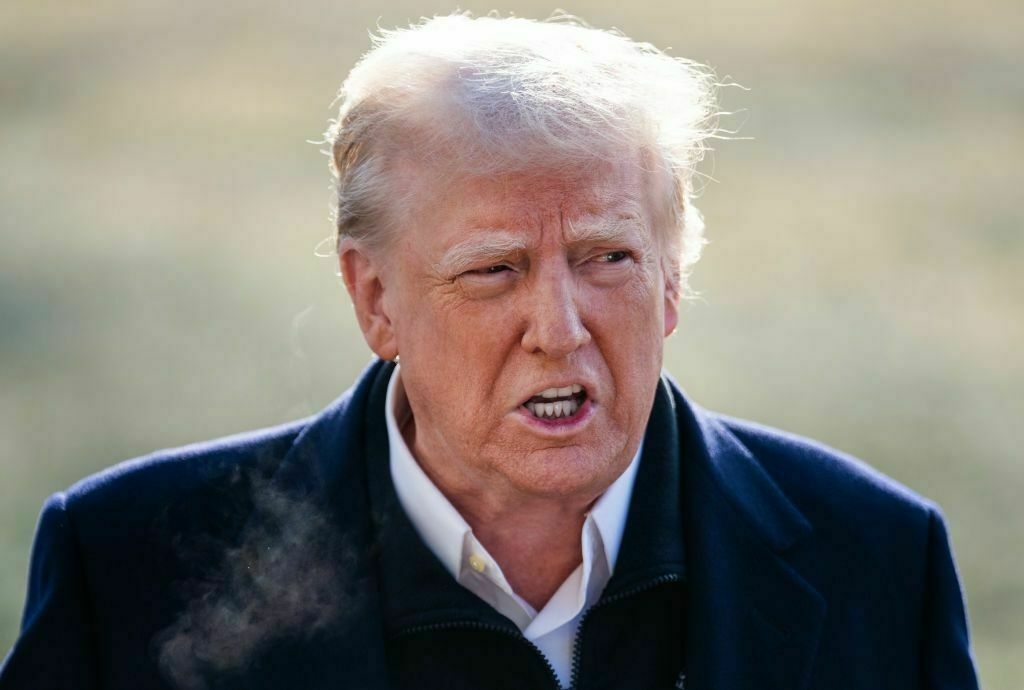
U.S. President Donald Trump said on May 28 the U.S. would soon know whether Russian President Vladimir Putin is serious about ending the war in Ukraine, warning that if Moscow is stalling, Washington would “respond a little bit differently."
Trump said his Special Envoy Steve Witkoff is currently negotiating with Russian side, claiming he “is doing a phenomenal job.”
“We’re going to find out very soon. It’ll take about two weeks, or week and a half,” Trump told reporters during a briefing, responding to a question on whether Putin wants to end the war.
“They seem to want to do something. But until the document is signed, I can’t tell you… I’m very disappointed at what happened. A couple of nights now where people were killed in the middle of what you would call a negotiation.” Trump did not clarify which document he was referring to.
Trump said he disapproved of Russia’s recent missile attacks on Ukrainian cities during ongoing diplomatic efforts. “That’s no good. We’re not going to allow it,” he said.
For three consecutive days over May 24-26, Russia launched a series of mass drone and missile attacks at Ukrainian cities.
On May 26, Russia carried out the biggest drone attack of the full-scale war, which reportedly involved 355 Shahed-type attack drones and decoys.
Trump also suggested he would be open to personally meeting both Ukrainian President Volodymyr Zelensky and Putin “if necessary.”
Earlier on May 28, Russian Foreign Minister Sergey Lavrov announced that Moscow proposed a new round of peace talks with Ukraine take place in Istanbul on June 2.
Lavrov claimed Russia is prepared to present a memorandum detailing what he called “the root causes of the crisis” — widely understood to refer to the Kremlin’s longstanding demands and propaganda used to justify its 2022 invasion.
During the first round of Istanbul talks on May 16, Ukraine offered a 30-day ceasefire, a full prisoner swap, and a summit between the two presidents. Russia rejected the proposal and sent a low-level delegation instead. The only agreement reached was a 1,000-for-1,000 prisoner exchange that was concluded on May 25.
US won’t support Russia’s demand for Ukraine’s withdrawal from 4 regions, Zelensky saysPresident Volodymyr Zelensky said on May 27 that he does not believe the U.S. would support a full Ukrainian withdrawal from four of its partially occupied regions, a demand repeatedly raised by Russia, Interfax-Ukraine news agency reported.The Kyiv IndependentMartin Fornusek
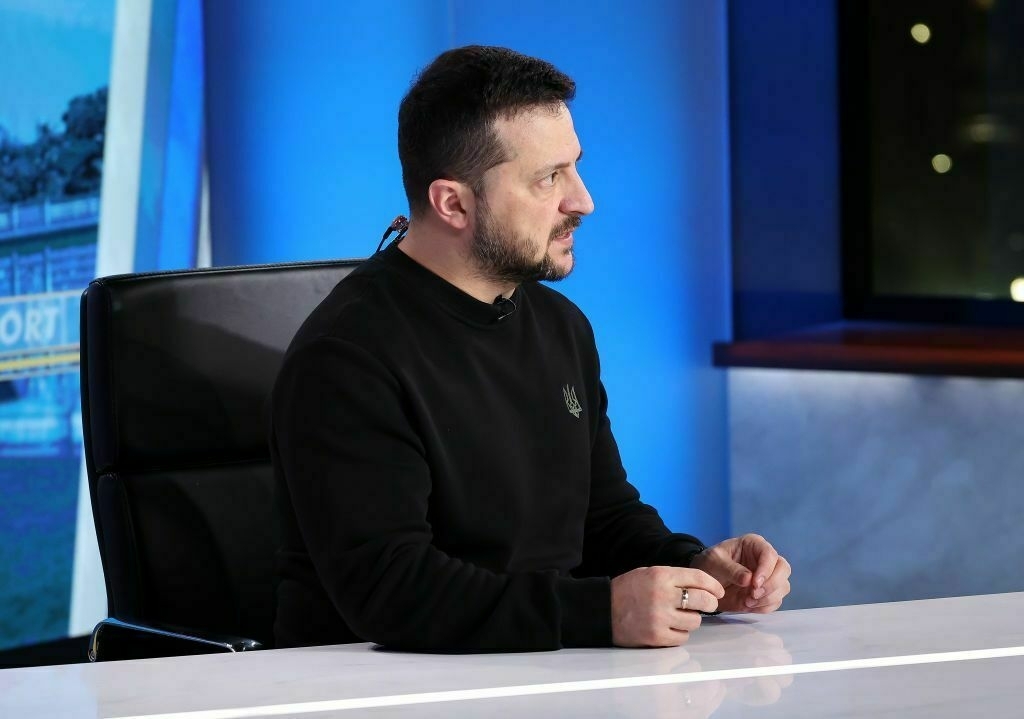
-
TRUMP pressures PUTIN: sanctions, international reversal and drone strikes on Russia
-
Realization in the West: Trump criticizes Putin and Europe ramps up military aid | EXPLAINER
-
Zelensky confirms his participation in G7 summit in June
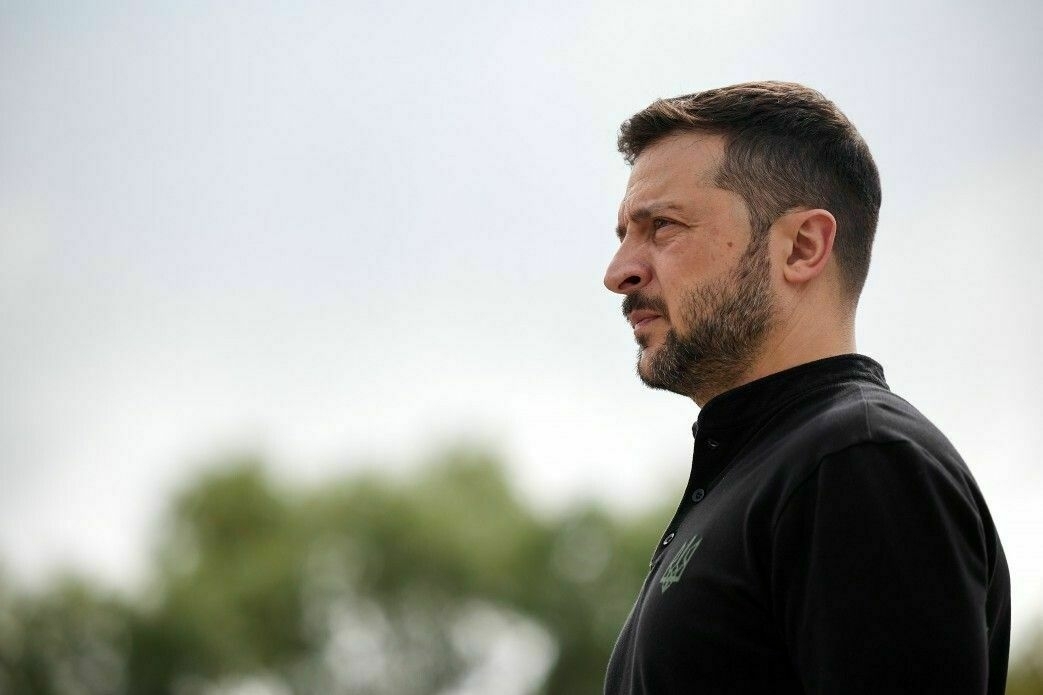
President Volodymyr Zelensky confirmed on May 27 that he will attend the Group of Seven (G7) summit scheduled to take place in Canada in June, Suspilne reported.
Canadian Prime Minister Mark Carney invited Zelensky in March to attend the summit, shortly after he took office.
Zelensky confirmed that he had received an invitation from Carney, but did not specify whether he would attend the event in person or online.
The president added that NATO Secretary General Mark Rutte was also willing to include Ukraine at the alliance summit on June 24-25.
“It is very important for Ukraine to understand in what format it can be presented. There are many different signals regarding NATO (summit),” Zelensky said.
Canada, which holds the G7 presidency this year, will host the summit on June 15-17 in Kananaskis County, located in the western province of Alberta.
This summit will be the first for new Canadian Prime Minister Carney and U.S. President Donald Trump after his return to the White House.
The summit’s agenda will include topics such as support for Ukraine in the Russian war, global economic stability, digital transformation, and climate change.
Ban on NATO’s eastward expansion, easing sanctions — Reuters lists Putin’s Ukraine peace demandsOne senior Russian source told Reuters that Putin is ready for a peace agreement, but “not at any price.”The Kyiv IndependentKateryna Hodunova
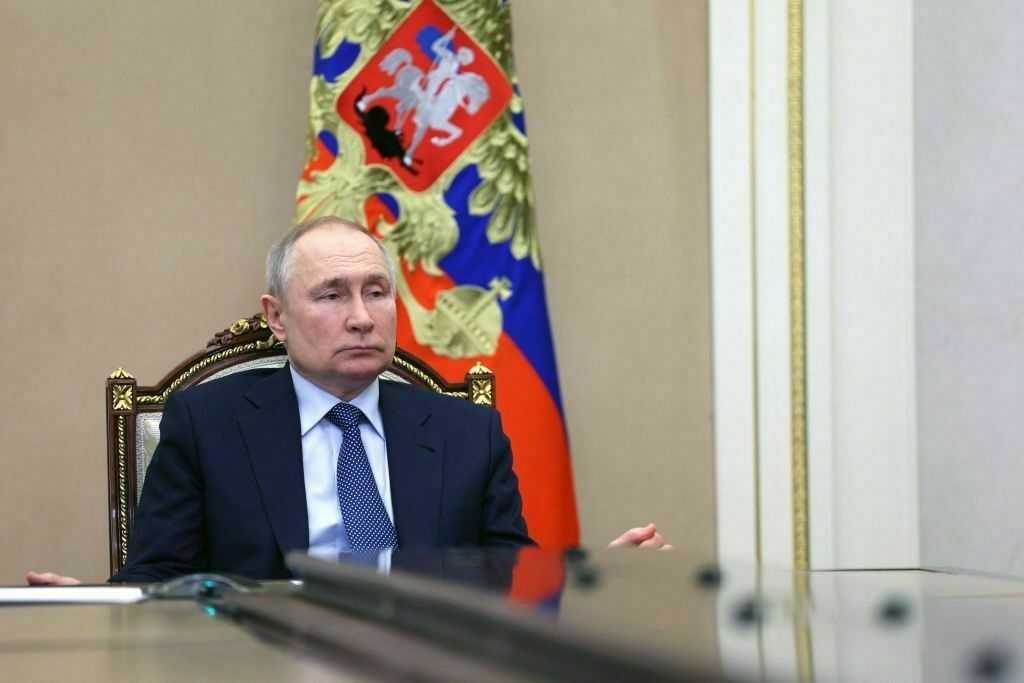
-
Russia to 'strongly' feel Western sanctions impact by mid-2026, Zelensky says
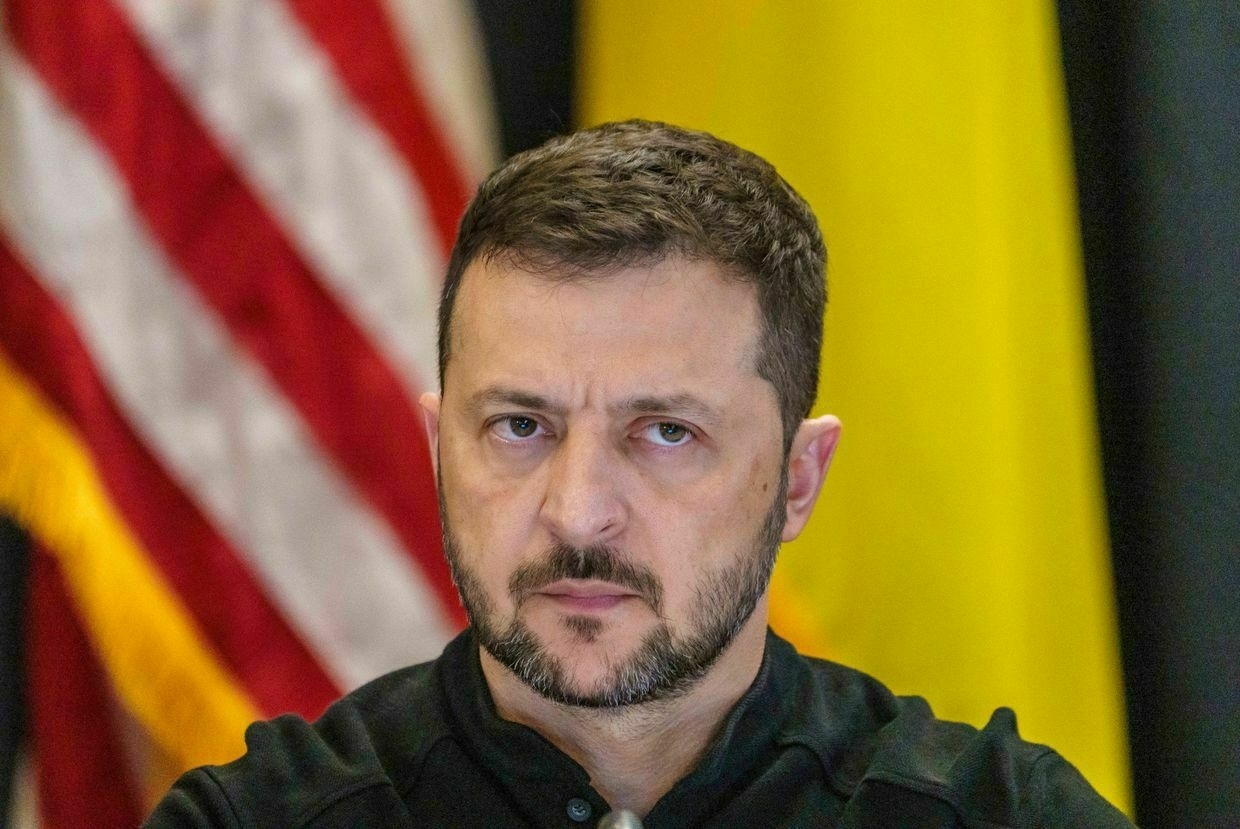
Western sanctions will significantly affect the Russian economy in the early summer of 2026, President Volodymyr Zelensky said on May 27 during a press briefing, Suspilne reported.
Ukraine’s partners have imposed heavy sanctions on Russia since the beginning of the invasion in 2022. In spite of these measures, Moscow retains its ability to wage war, gradually advancing in several sectors of the front line and increasing its defense production.
Zelensky said he hopes that in June 2026, there will be no more war in Ukraine, but Russia will still feel the pressure of sanctions.
“Sometime in the summer of 2026, their economy will feel it strongly,” Zelensky said.
The president added that the biggest challenge at the moment is the developing Russian military-industrial complex. At the same time, he noted that Russia will not be able to increase its defense potential next year, citing Ukrainian estimates.
“We see that it (the Russian military-industrial complex) will not be able to grow next year, its growth will decrease. And it will decrease constantly. That is, the economy will completely change, they will spend everything on war,” Zelensky said.
Sanctions on Russia are working, Ukraine just needs moreSanctions on their own won’t end the war, but they are a crucial tool in the West’s efforts to pressure Putin.The Kyiv IndependentDominic Culverwell
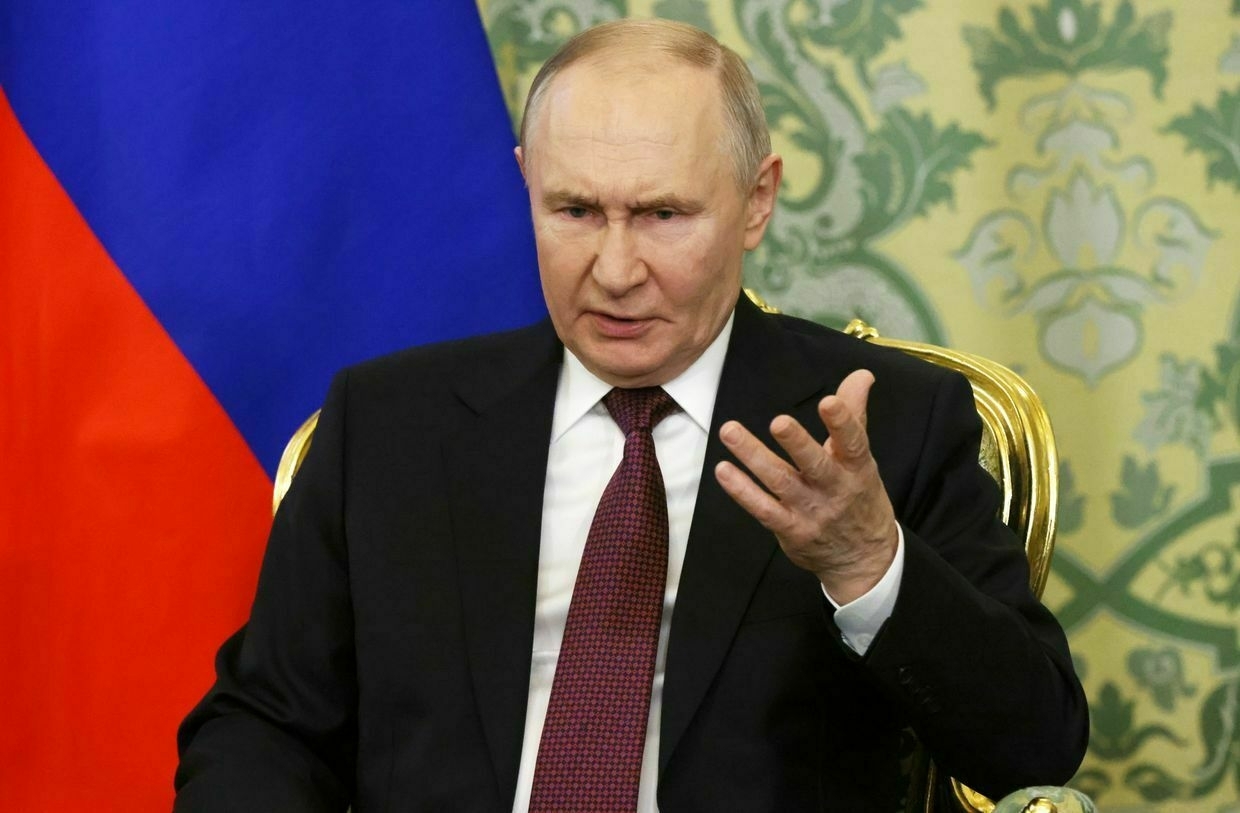
Zelensky stressed the significance of the West, particularly the U.S., increasing sanctions pressure on Russia.
“We are waiting for sanctions from the U.S. Europe has done it, and there is the 17th package. We have been discussing the details of the 18th package, so that it will be stronger,” Zelensky said, adding that if the next package is supported, the consequences for Russia could be significant.
Zelensky’s statement comes as U.S. President Donald Trump is considering imposing sanctions on Russia this week, the Wall Street Journal (WSJ) reported on May 26. The sanctions would reportedly aim to push Russia to the negotiating table but may not include additional banking restrictions, according to the media outlet.
Trump’s stance on U.S. sanctions against Russia has been unclear. Trump has repeatedly threatened additional economic measures against Moscow but said he does not plan to take the step at the moment after his phone call with Russian President Vladimir Putin.
A bipartisan group of U.S. Senators has said they are ready to vote on a bill on sanctions against Russia if peace talks over the war in Ukraine do not progress soon. The bill, introduced to the Senate in early April, would impose new penalties on Russia and slap 500% tariffs on imports from countries that buy Russian oil, petroleum products, natural gas, or uranium.
Ban on NATO’s eastward expansion, easing sanctions — Reuters lists Putin’s Ukraine peace demandsOne senior Russian source told Reuters that Putin is ready for a peace agreement, but “not at any price.”The Kyiv IndependentKateryna Hodunova
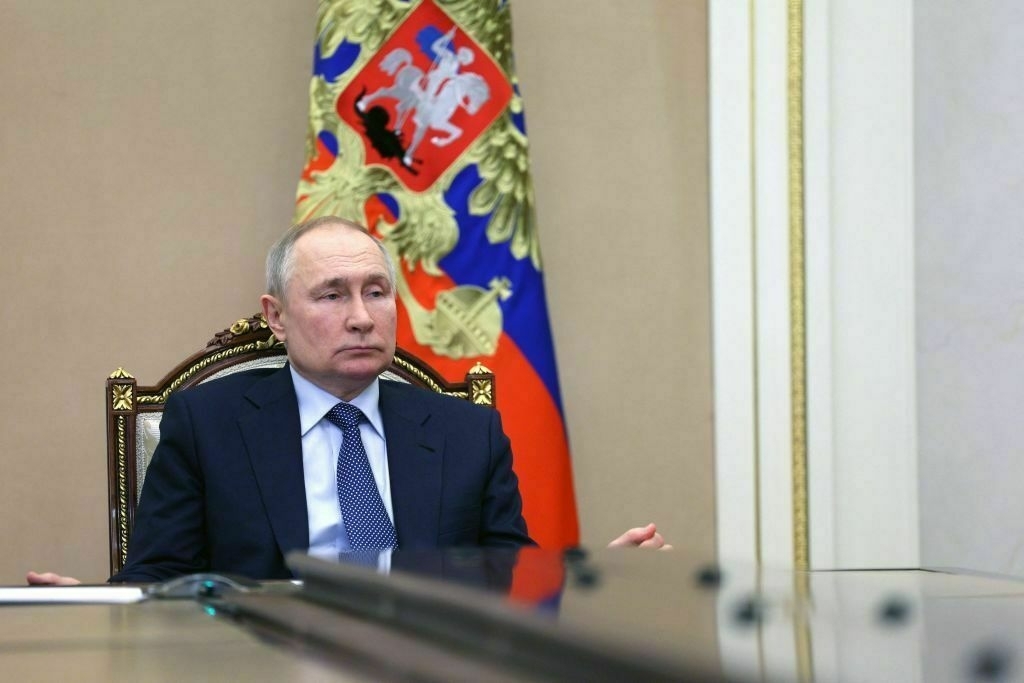
-
Putin-Zelensky meeting possible after 'specific agreements,' Russia says
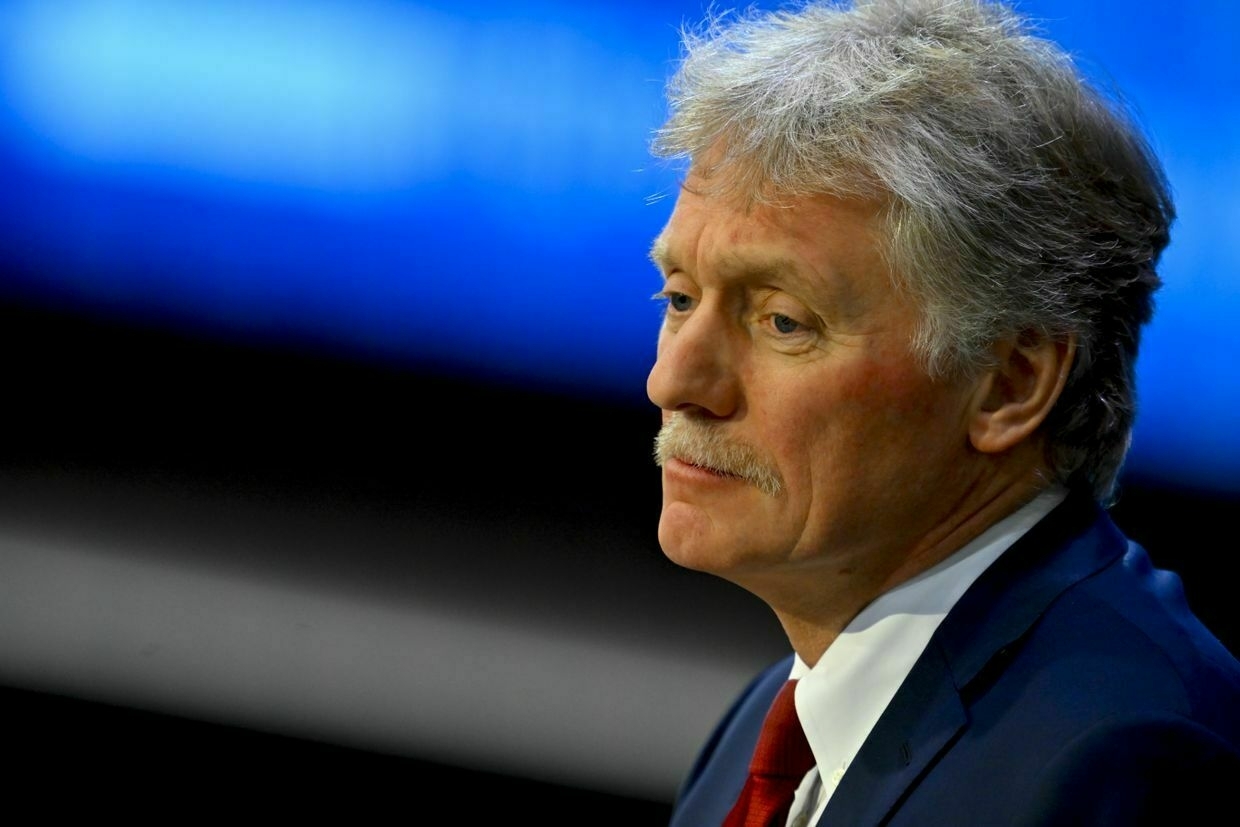
A meeting between Ukraine’s President Volodymyr Zelensky and Russian President Vladimir Putin is “fundamentally possible,” but must be based upon “specific agreements” between the two sides, Kremlin spokesperson Dmitry Peskov said on May 28.
“Our position on the fundamental possibility of such a meeting has not changed,” Peskov said, according to the Russian pro-state news agency Interfax.
“But such a meeting should be the result of specific agreements between the two delegations in various areas,” he said when asked about the possibility of a meeting between Putin, Zelensky, and potentially U.S. President Donald Trump.
The comments come after Zelensky declared he is ready to meet the Russian leader in a three-way format with Trump to discuss peace efforts in Ukraine. The U.S. president has vowed to broker a peace deal between Kyiv and Moscow and supported the idea of a summit at the highest level.
“We are ready to meet at the level of leaders. The American side knows this, and the Russian side knows this. We are ready for the ‘Trump, Putin, and me’ format, and we are ready for the Trump-Putin, Trump-Zelensky format, and then the three of us,” Zelensky said on May 27.
Moscow continues to reject calls by Kyiv and Western partners for a ceasefire, and has only intensified strikes against Ukrainian cities while reportedly preparing a new offensive this summer.
It is not immediately clear what agreements the Kremlin requires to arrange the meeting.
Ukraine’s head of state previously invited Putin for face-to-face talks in Istanbul on May 16. Putin refused to attend himself, instead dispatching a delegation of junior aides led by Vladimir Medinsky.
The peace talks have not yielded any breakthrough apart from a major prisoner exchange.
The Kremlin has also repeatedly attacked Zelensky’s legitimacy as president, pointing out that his first presidential term was originally meant to end on May 20, 2024.
Ukraine’s constitution prohibits elections during martial law, which has been in effect since Russia’s full-scale invasion began in 2022. As a result, Zelensky’s term has been extended, which constitutional lawyers argue is permitted under Ukrainian law.
Zelensky and Putin met only once, during the Normandy Format talks in France in December 2019.
Ban on NATO’s eastward expansion, easing sanctions — Reuters lists Putin’s Ukraine peace demandsOne senior Russian source told Reuters that Putin is ready for a peace agreement, but “not at any price.”The Kyiv IndependentKateryna Hodunova
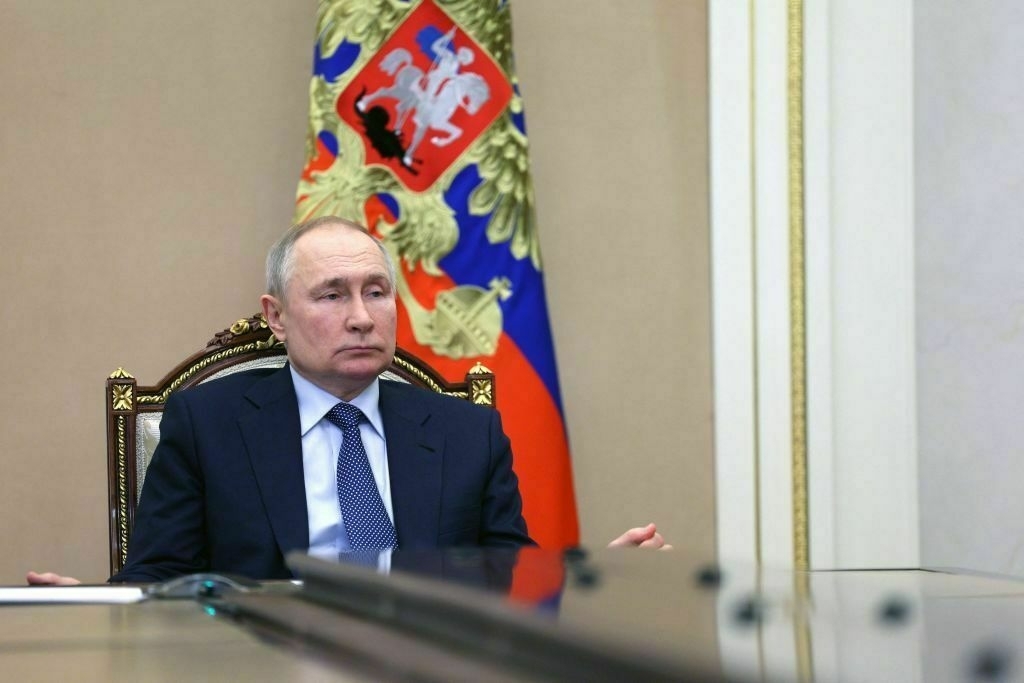
-
Ban on NATO's eastward expansion, easing sanctions — Reuters lists Putin's Ukraine peace demands
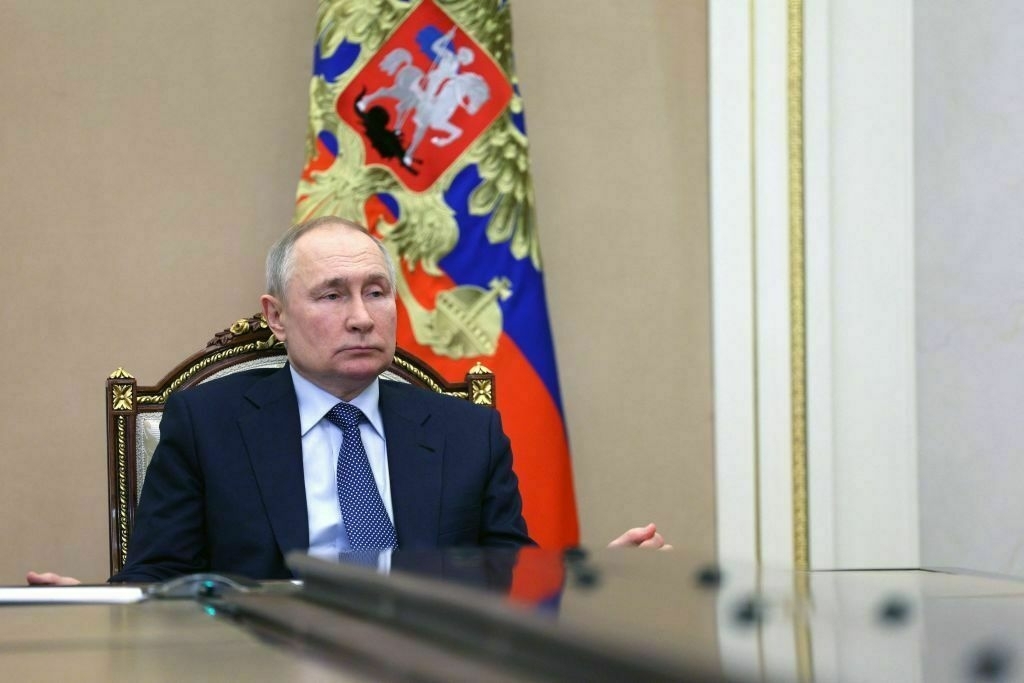
Russian President Vladimir Putin demands a written pledge by NATO not to accept more Eastern European members and the lifting of several sanctions as conditions for ending Russia’s war in Ukraine, Reuters reported on May 28, citing three undisclosed Russian sources.
“Putin is ready to make peace but not at any price,” one senior Russian source told Reuters. A ban on NATO’s “eastward expansion” would rule out the future accession of Ukraine, Georgia, Moldova, and others.
Moscow has claimed that Ukraine’s NATO aspirations have been one of the key causes of the Russian invasion. The Russian aggression against Ukraine began in 2014 with the annexation of Crimea and the war in Donbas, a time when Kyiv had little prospect of joining the alliance in the foreseeable future.
Russia wants to see Ukraine neutral, and is seeking to lift some Western sanctions, resolve the issue of frozen Russian assets, and “protect” Russian-speaking residents of Ukraine, Reuters' sources added.
Moscow has spread the narrative that Kyiv is oppressing Russian speakers in Ukraine through its language laws. The Russian language remains widely spoken across the country, though the Ukrainian government adopted a number of reforms in recent years to promote the Ukrainian language and identity after decades of Russification under the Russian and Soviet rule.
One of the sources said that Putin realizes he will not be able to reach a peace agreement on his terms, so he will try to show Ukraine and Europe with his military gains that “peace tomorrow will be even more painful."
Following the call with U.S. President Donald Trump on May 19, Putin said Russia’s position in the negotiations remains unchanged and requires “eliminating the root causes” of the war, including an alleged threat from NATO.
Trump has repeatedly echoed Moscow’s narrative that Ukraine’s efforts to join NATO have been one of the root causes of the full-scale invasion. Kyiv rejected restrictions on joining international alliances and organizations — namely, NATO and the EU — as part of a potential peace deal.
Ukraine applied for NATO membership in September 2022, months after the outbreak of the full-scale war. The country has not received a formal invitation, as the 32 members have struggled to reach a consensus.
Why did Russia invade Ukraine? Debunking Putin’s ‘root causes’ claimsAs Russia continues to bombard cities and towns across Ukraine, Russian officials have hardened their position against a ceasefire, continuing to repeat the obscure demand that the war’s “root causes” be addressed before agreeing to any truce. For months, the phrase “root causes” has become a go-to talking pointThe Kyiv IndependentAndrea Januta
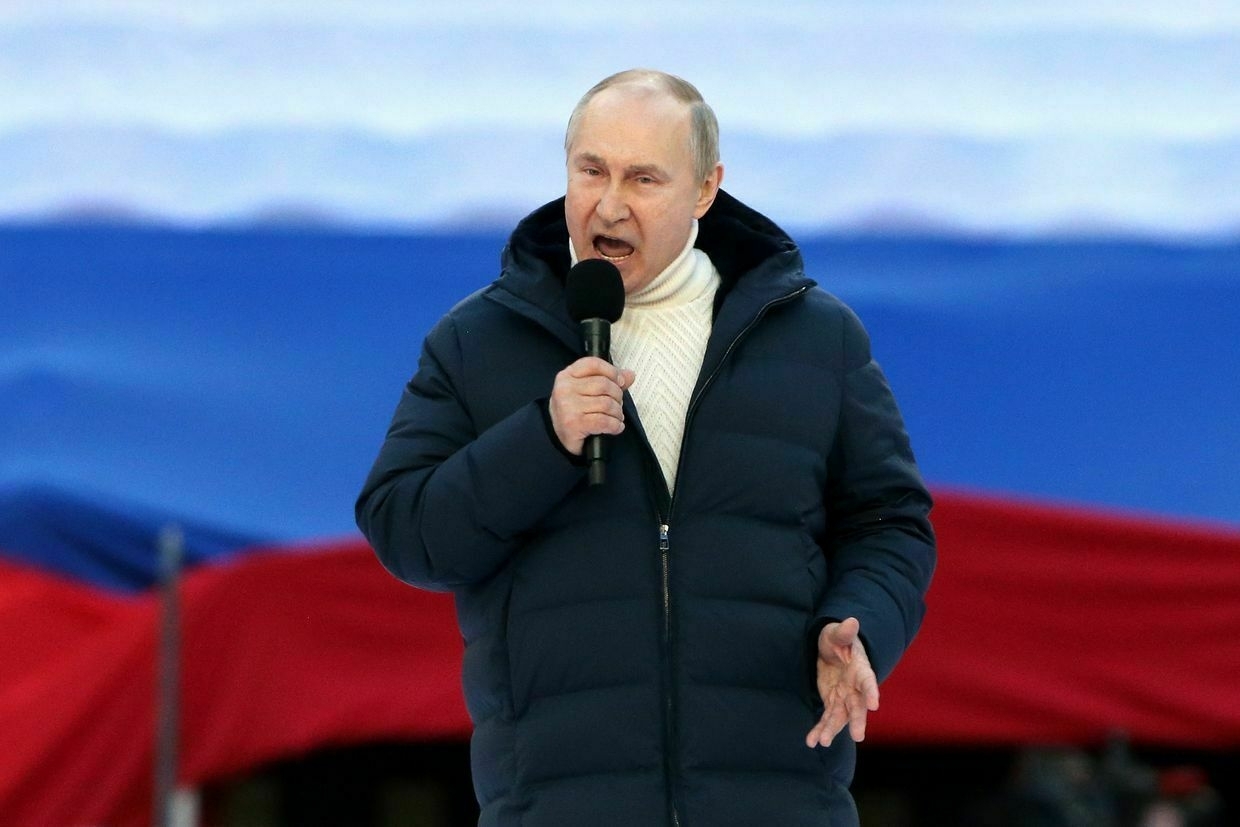
-
US won't support Russia's demand for Ukraine's withdrawal from 4 regions, Zelensky says
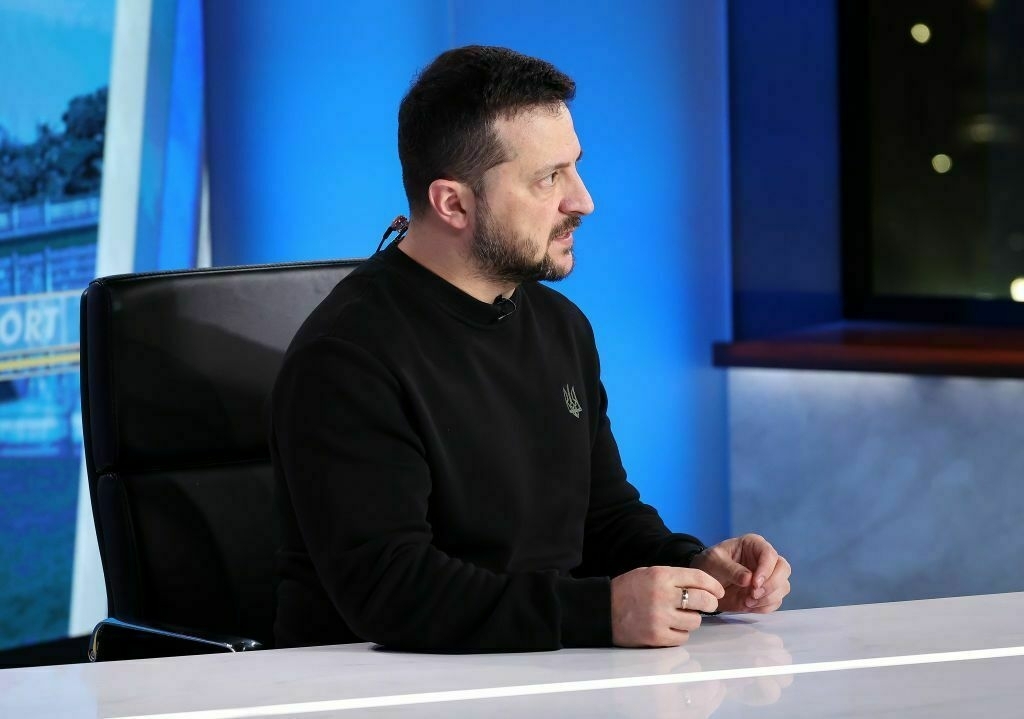
President Volodymyr Zelensky said on May 27 that he does not believe the U.S. would support a full Ukrainian withdrawal from four of its partially occupied regions, a demand repeatedly raised by Russia, Interfax-Ukraine news agency reported.
“What’s written in the ultimatums doesn’t matter if we’re talking about more than just a piece of paper; we’re talking about what could lead to the first step: a ceasefire,” Zelensky told journalists, according to the news agency.
“I think that even at the highest level, the United States today will not support Ukraine withdrawing from the territories” controlled by Ukraine, he continued, adding that Kyiv does not want Washington to walk away from the peace efforts.
Russia again rejected Kyiv and Western partners' calls for an unconditional ceasefire during recent peace talks in Istanbul, insisting instead that Ukraine must withdraw its forces from Donetsk, Luhansk, Zaporizhzhia, and Kherson oblasts.
Moscow illegally declared the annexation of the four regions in September 2022, despite not controlling them fully. Russia continues to occupy roughly 20% of Ukrainian territory, including the Crimean peninsula illegally annexed in 2014.
As the Trump administration has sought to broker a peace deal between Russia and Ukraine, it has reportedly offered wide-ranging concessions to Moscow, including a potential recognition of its control over Crimea and the lifting of sanctions.
At the same time, U.S. officials have signaled opposition to Russia’s demand for Ukraine’s withdrawal from the Ukrainian-held territories. U.S. Vice President JD Vance said on May 7 that Russia is “asking for too much,” underscoring Washington’s growing frustration with Moscow’s delays.
U.S. President Donald Trump and his aides have warned that the U.S. would exit the negotiations if progress is not achieved soon.
Zelensky ready for three-way meeting with Trump, Putin“We are ready for the ‘Trump, Putin, and me’ format, and we are ready for the Trump-Putin, Trump-Zelensky format, and then the three of us,” President Volodymyr Zelensky said.The Kyiv IndependentKateryna Hodunova
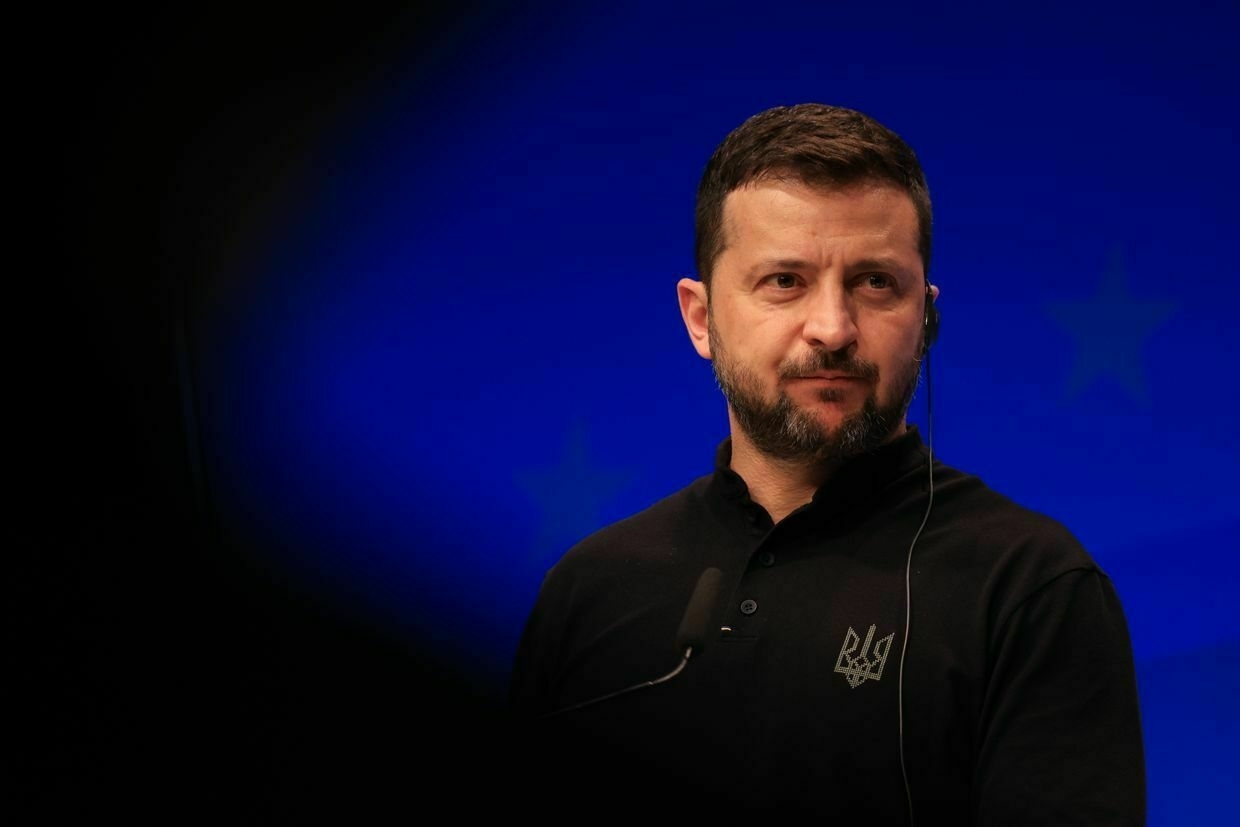
-
Zelensky ready for three-way meeting with Trump, Putin
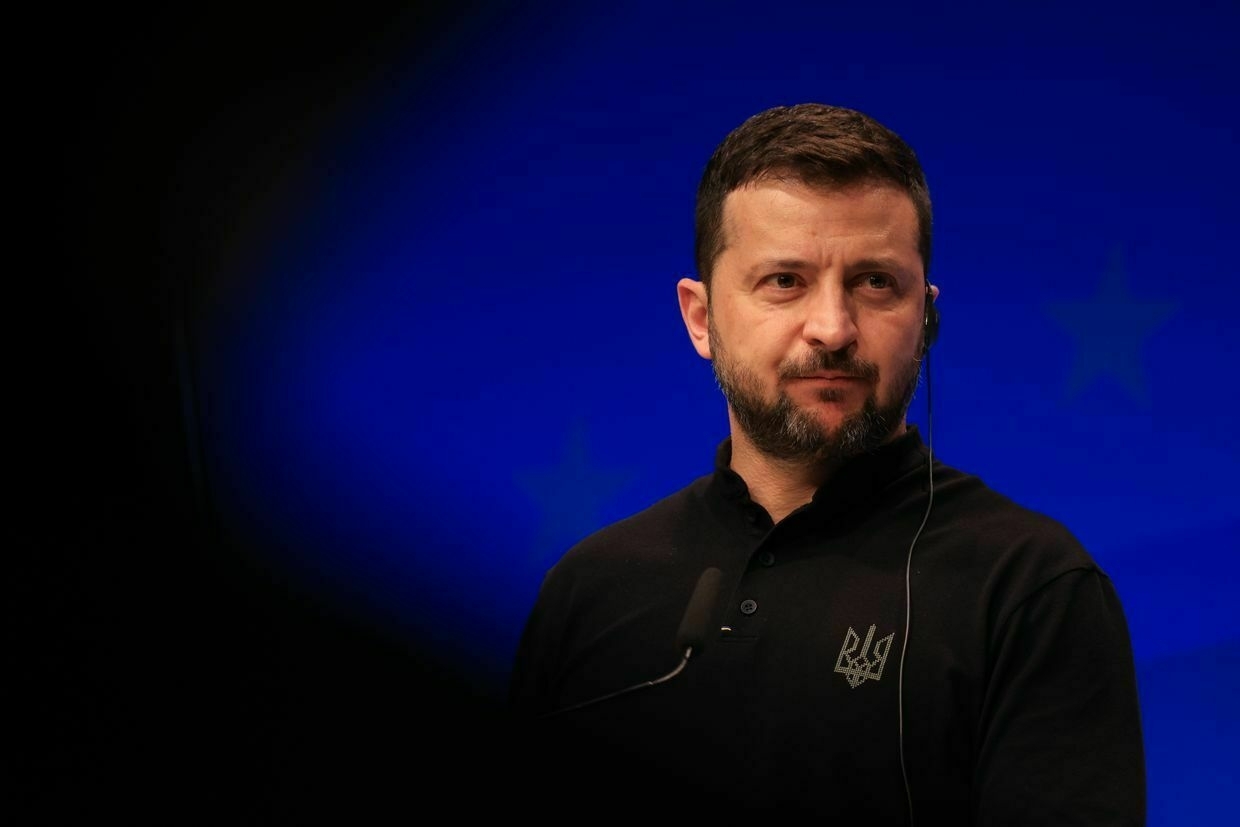
Editor’s note: This story is being updated.
President Volodymyr Zelensky said on May 27 that he is ready for a three-way meeting with U.S. President Donald Trump and Russian President Vladimir Putin, Suspilne reported.
“We are ready to meet at the level of leaders. The American side knows this, and the Russian side knows this. We are ready for the ‘Trump, Putin, and me’ format, and we are ready for the Trump-Putin, Trump-Zelensky format, and then the three of us,” Zelensky said.
If Germany sends Taurus missiles to Ukraine, Russia has a major Crimean Bridge problemA statement from German Chancellor Friedrich Merz on May 26 about long-range strikes inside Russia resurrected a long-held hope in Ukraine — that Berlin is finally about to send Kyiv its Taurus missiles. “There are no longer any restrictions on the range of weapons delivered to Ukraine — neither by the U.The Kyiv IndependentKollen Post
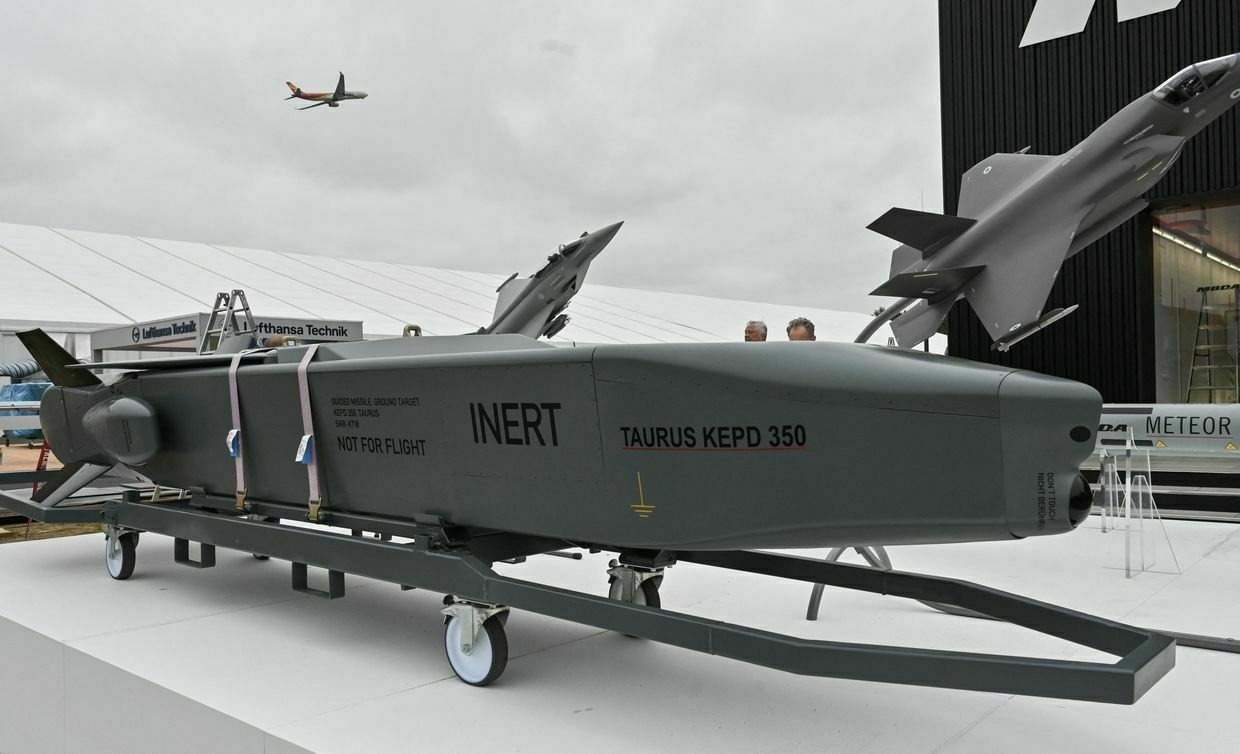
-
Kellogg criticizes Medvedev's 'reckless' threats, demands Russian peace memorandum
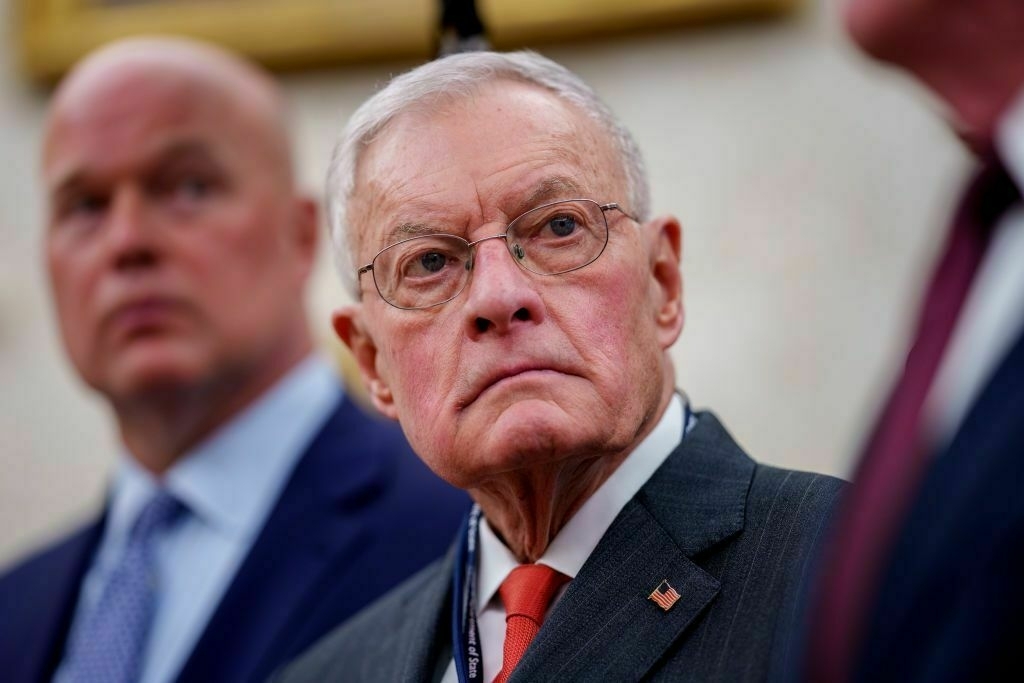
U.S. Special Envoy for Ukraine Keith Kellogg on May 27 criticized former Russian President Dmitry Medvedev for comments that alluded to the threat of World War III, calling them “reckless” and “unfitting of a world power."
“President (Donald) Trump… is working to stop this war and end the killing. We await receipt of (the Russian) Memorandum… that you promised a week ago. Cease fire now,” Kellogg said on X.
The envoy’s remarks came in response to a tweet from Medvedev that referenced Trump’s recent warnings to Russian President Vladimir Putin.
“Regarding Trump’s words about Putin ‘playing with fire’ and ‘really bad things’ happening to Russia. I only know of one really bad thing — WWIII,” Medvedev wrote. “I hope Trump understands this!"
Medvedev’s comments refer to Trump’s recent posts on Truth Social, in which he reacted to Russia’s weekend aerial attacks on Ukraine, including the largest drone assault since the start of the full-scale invasion. In the posts, Trump called Putin “crazy” and warned him that he was “playing with fire."
The U.S. president has increasingly voiced frustration with stalled peace efforts, signaling readiness to walk away from the process. Despite repeated threats of sanctions, Trump has not imposed any additional pressure on Moscow to push it toward a ceasefire agreement.
Russia has repeatedly rejected Kyiv and its Western partners' proposal for an unconditional ceasefire. Following Russian-Ukrainian negotiations in Istanbul on May 16, the Russian leadership said it would present a memorandum toward a peaceful settlement.
President Volodymyr Zelensky said that Russia’s delays in presenting the document are a “mockery of the whole world."
Sanctions on Russia are working, Ukraine just needs moreSanctions on their own won’t end the war, but they are a crucial tool in the West’s efforts to pressure Putin.The Kyiv IndependentDominic Culverwell
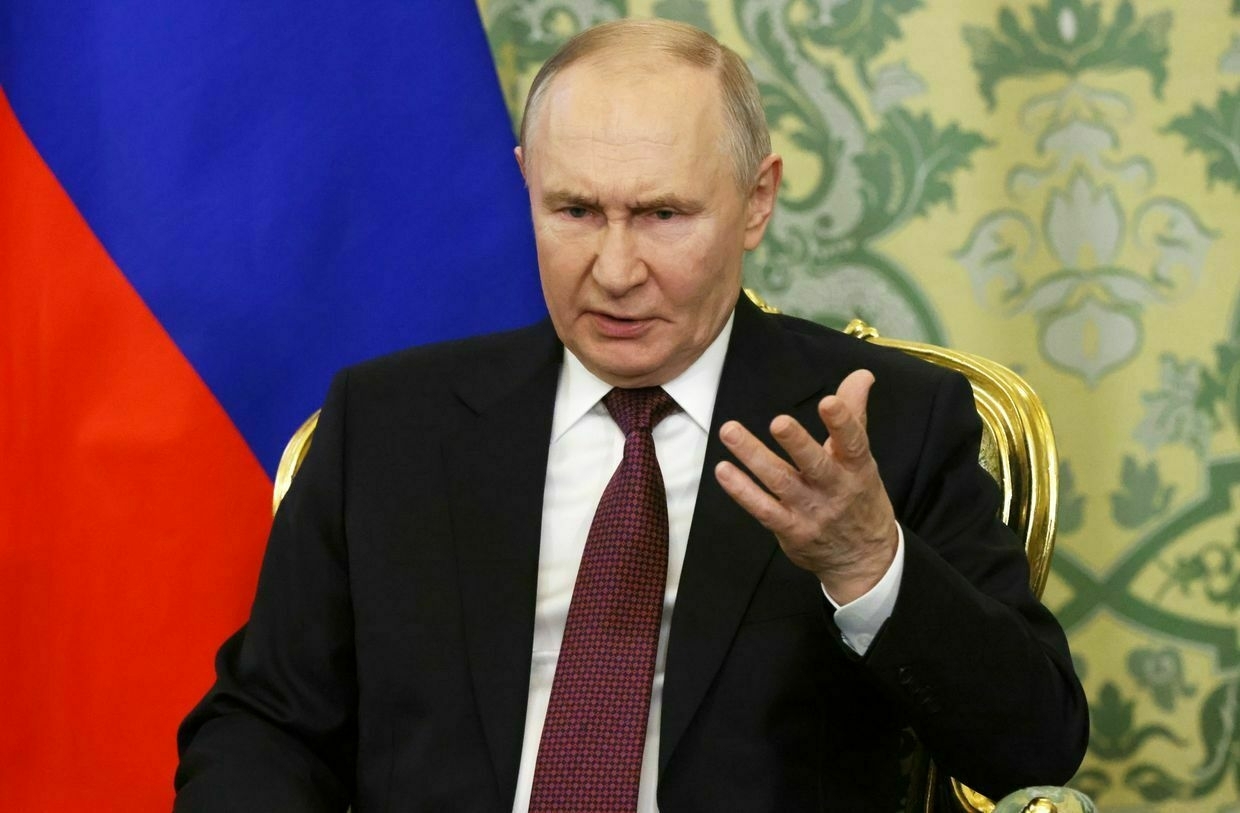
-
Russia should think less about Trump's statements, more about stopping war, State Department says
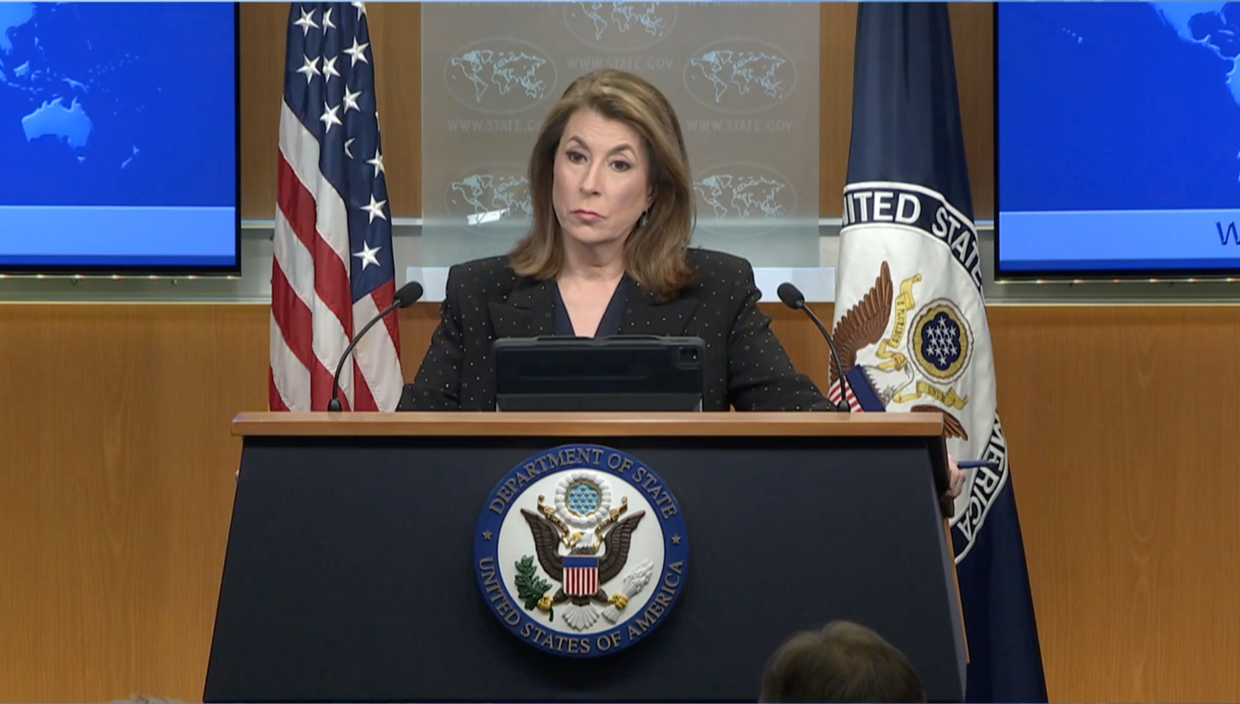
U.S. State Department spokesperson Tammy Bruce advised Russia to focus less on President Donald Trump’s social media posts and more on ending its war against Ukraine.
“If the Russians cared about the nature of how [peace efforts are] proceeding, they would be thinking less about [the president’s statements] and more about what they could do – which is in their hands – to stop the carnage and the slaughter that’s happening right now,” Bruce said during a May 27 press briefing.
Bruce’s comments refer to Trump’s recent posts on Truth Social, in which he reacted to Russia’s weekend bombardment of Ukraine that killed at least 12 people. Trump called Russian President Vladimir Putin “crazy” and warned him that he was “playing with fire."
The Kremlin dismissed the remarks, calling Trump’s statements the result of “emotional overload."
Bruce added that Trump’s posts were a “clear and completely transparent” statement regarding his opinion of Russia’s attacks on Ukraine, and she encouraged Russia to take him seriously.
Over the weekend, Russia launched the largest aerial assault on Ukraine since the start of the full-scale war in 2022, firing more than 600 drones and dozens of missiles across Ukraine. On May 26 alone, Russia reportedly launched 355 Shahed-type attack drones and decoys – the largest drone attack of the war.
Despite Trump’s public criticism of Putin, there have been no concrete policy changes with regard to applying more pressure on Russia. Meanwhile, U.S. lawmakers have called for tougher action on Russia and are prepared to pass a a bipartisan, "bone-crushing" sanctions bill that has yet to be endorsed by Trump.
Trump admits to protecting Russia from ‘really bad things’ during Ukraine peace talksTrump’s comments come amid growing pressure on the U.S. administration to respond to escalating Russian attacks.The Kyiv IndependentTim Zadorozhnyy
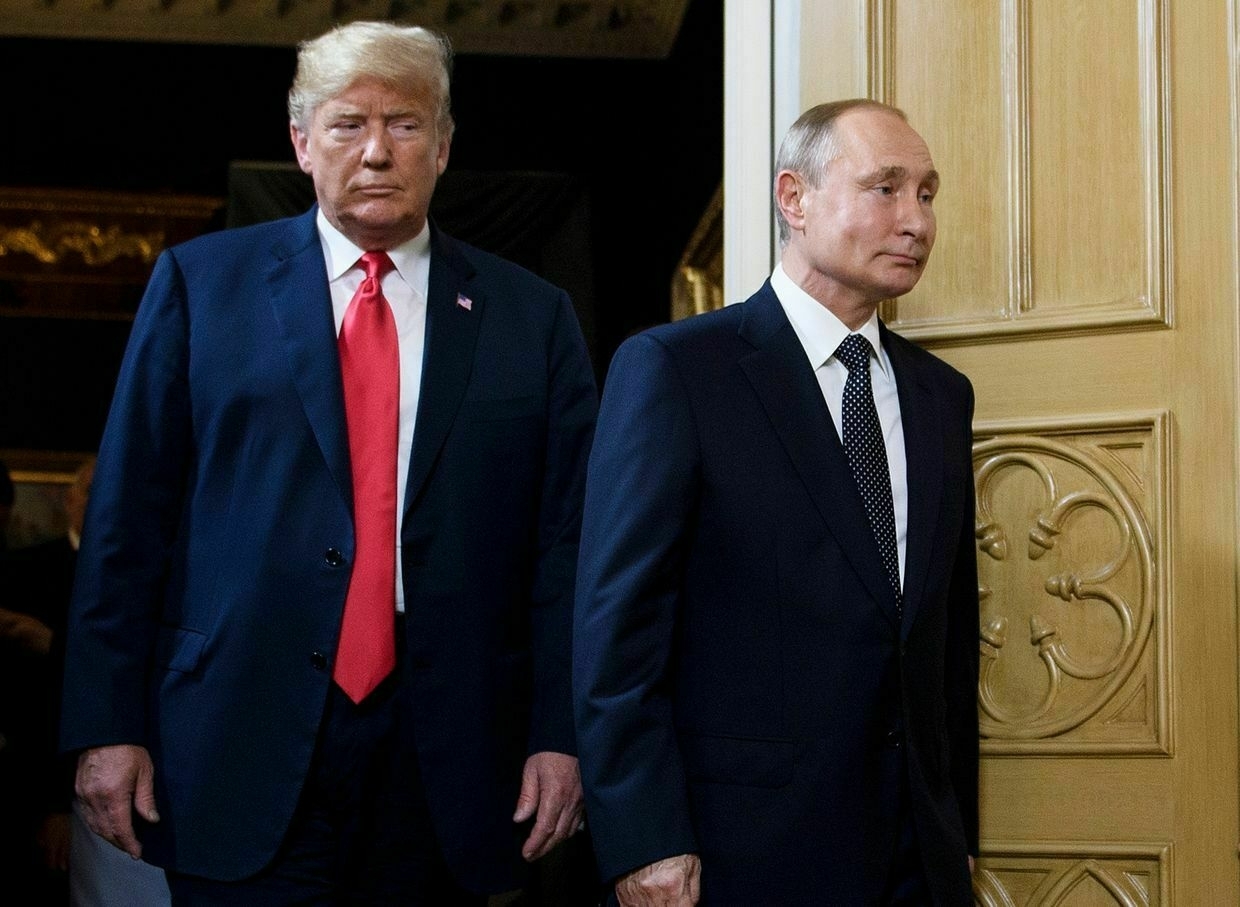
-
Ukrainian drones shot down over Moscow, mayor claims
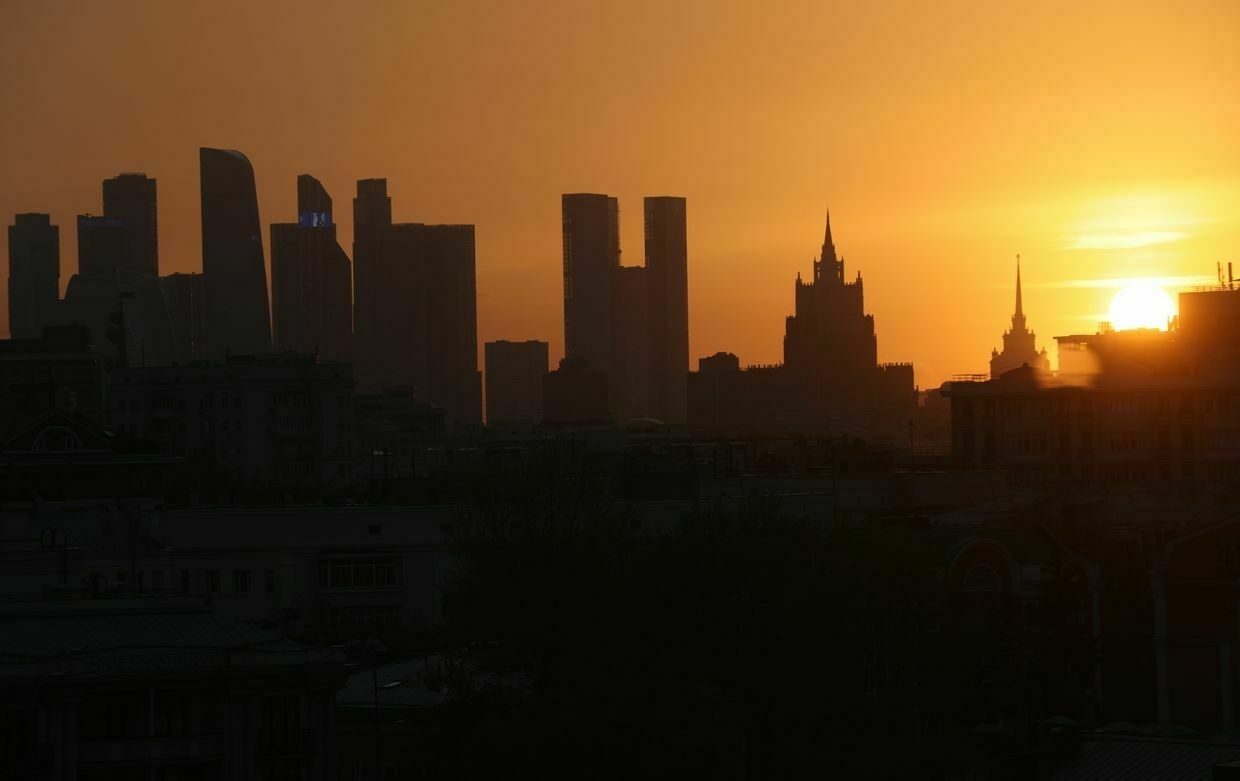
Editor’s Note: This is a developing story and is being updated.
Russian air defense shot down dozens of Ukrainian drones headed toward Moscow overnight on May 28, according to Moscow Mayor Sergey Sobyanin.
Writing on Telegram at 12:29 a.m. local time, Sobyanin claimed that Russian air defense shot down four drones flying toward Moscow. Emergency services were working at the wreckage site.
Since then, dozens of Ukrainian drones have been allegedly shot down near Moscow. Most recently, two more drones were shot down at 2:41 a.m. local time, according to Sobyanin’s latest Telegram post.
A total of 26 Ukrainian drones have been shot down so far, according to Russian officials.
No casualties or damage have been reported at the time of publication.
The Kyiv Independent could not verify Sobyanin’s claims. Ukraine rarely comments on reports of drone strikes on Russian soil.
As Russia continues to reject calls for a ceasefire and the war drags on, Ukraine has intensified drone attacks on Russian territory.
The recent surge in drone strikes aims to disrupt airport operations, overwhelm air defenses, and make the war more visible to ordinary Russians.
Trump admits to protecting Russia from ‘really bad things’ during Ukraine peace talksTrump’s comments come amid growing pressure on the U.S. administration to respond to escalating Russian attacks.The Kyiv IndependentTim Zadorozhnyy
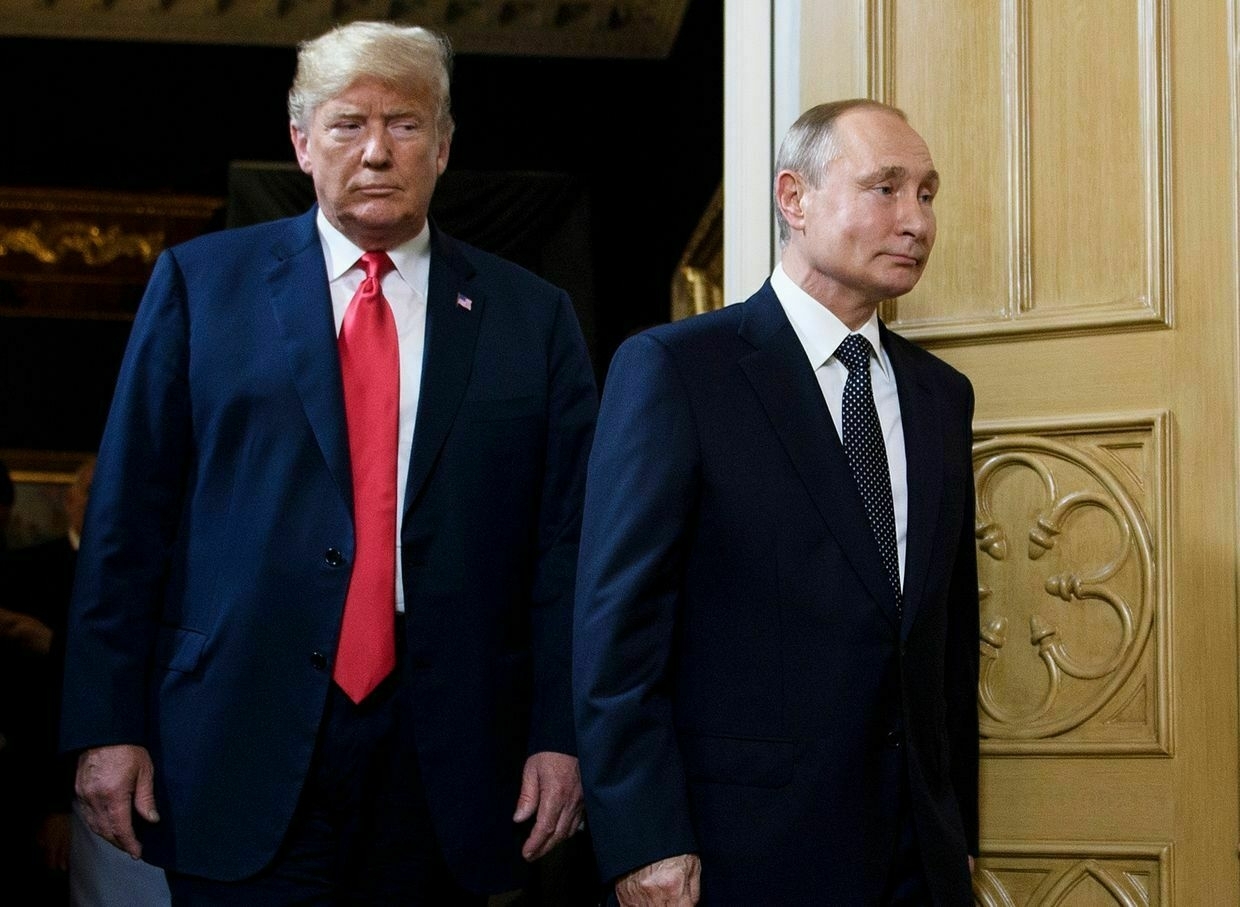
-
Ukraine to ramp up arms production for symmetrical response to Russia, Zelensky says
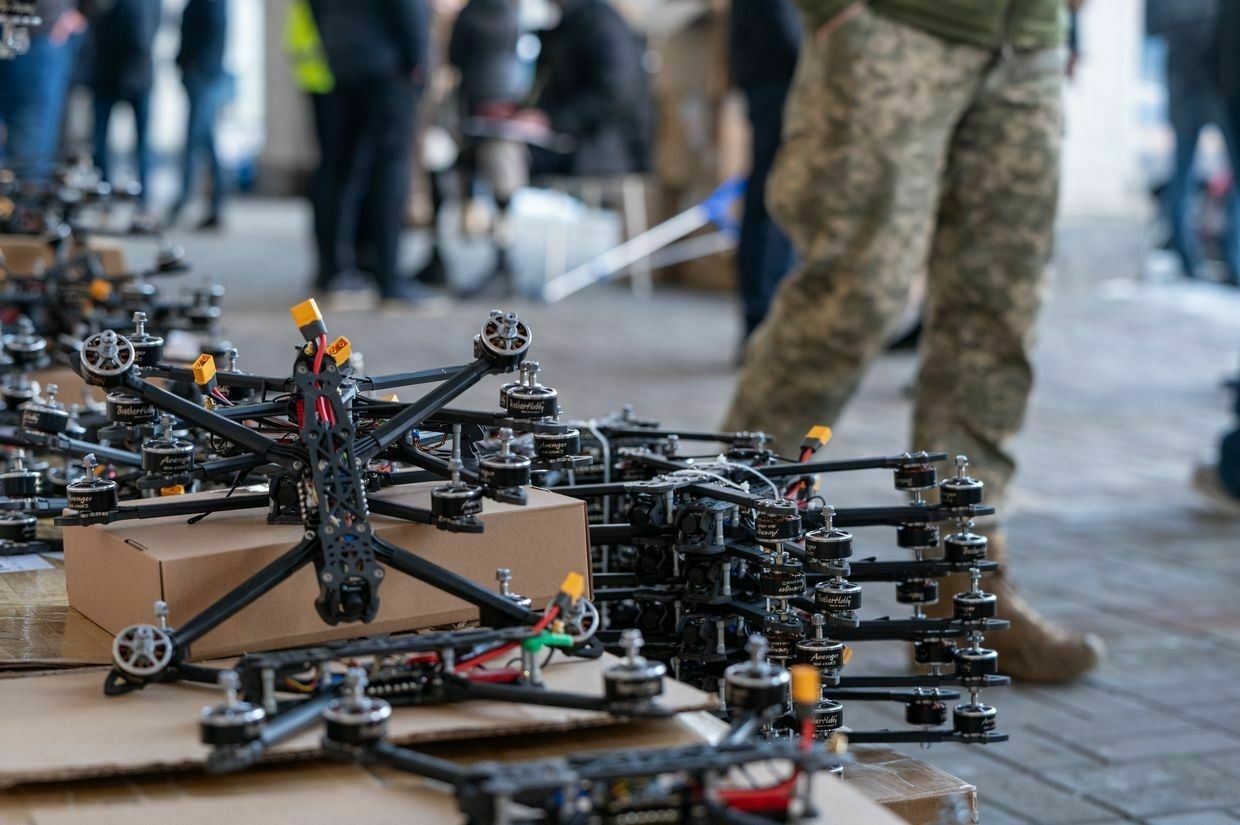
President Volodymyr Zelensky said on May 27 that Ukraine is fully mobilizing its domestic industrial base to scale up production of drones, missiles, and other weapons systems, as the country braces for continued large-scale Russian attacks.
From May 24 to 26, Russian forces fired more than 600 drones and dozens of missiles across Ukraine, with the third night amounting to the single largest drone attack of the full-scale war.
Zelensky’s remarks followed a high-level meeting with Commander-in-Chief Oleksandr Syrskyi, Chief of the General Staff Anatolii Hnatov, and Defense Minister Rustem Umerov.
“The agenda included planning our actions, our readiness to respond to Russian strikes, to their threats, and taking preventive measures, which means increasing the production of our drones and our missiles,” the president said during his evening address.
He added that “hundreds of Ukrainian companies are already producing results for Ukraine’s Defense Forces, with more to follow.” Zelensky said the government is fully mobilizing “entrepreneurial capacity for weapons production” and plans to sign new agreements with European partners to attract investment, focusing on unmanned systems and long-range capabilities.
While the government cannot publicly disclose its existing plans or capabilities, Zelensky emphasized that Ukraine must “respond symmetrically to all Russian threats” and Moscow must “clearly feel the consequences of what they are doing against Ukraine. And they will."
“Attack drones, interceptors, cruise missiles, Ukrainian ballistic systems – these are the key elements. We must manufacture all of them,” he said.
In the meantime, the Trump administration has spent months trying to broker a peace deal in Ukraine. However, direct talks in Istanbul failed to yield a ceasefire, and during a May 19 phone call with U.S. President Donald Trump, Vladimir Putin once again rejected calls for a 30-day truce.
Despite this, Trump has refused to impose new sanctions on Moscow so far, but said on May 25 that new sanctions could be on the table: “I’ve always gotten along with him,” Trump said of Putin. “But he’s sending rockets into cities and killing people (…) We’re in the middle of talking and he’s shooting rockets into Kyiv and other cities. I don’t like it at all."
Sanctions on Russia are working, Ukraine just needs moreSanctions on their own won’t end the war, but they are a crucial tool in the West’s efforts to pressure Putin.The Kyiv IndependentDominic Culverwell
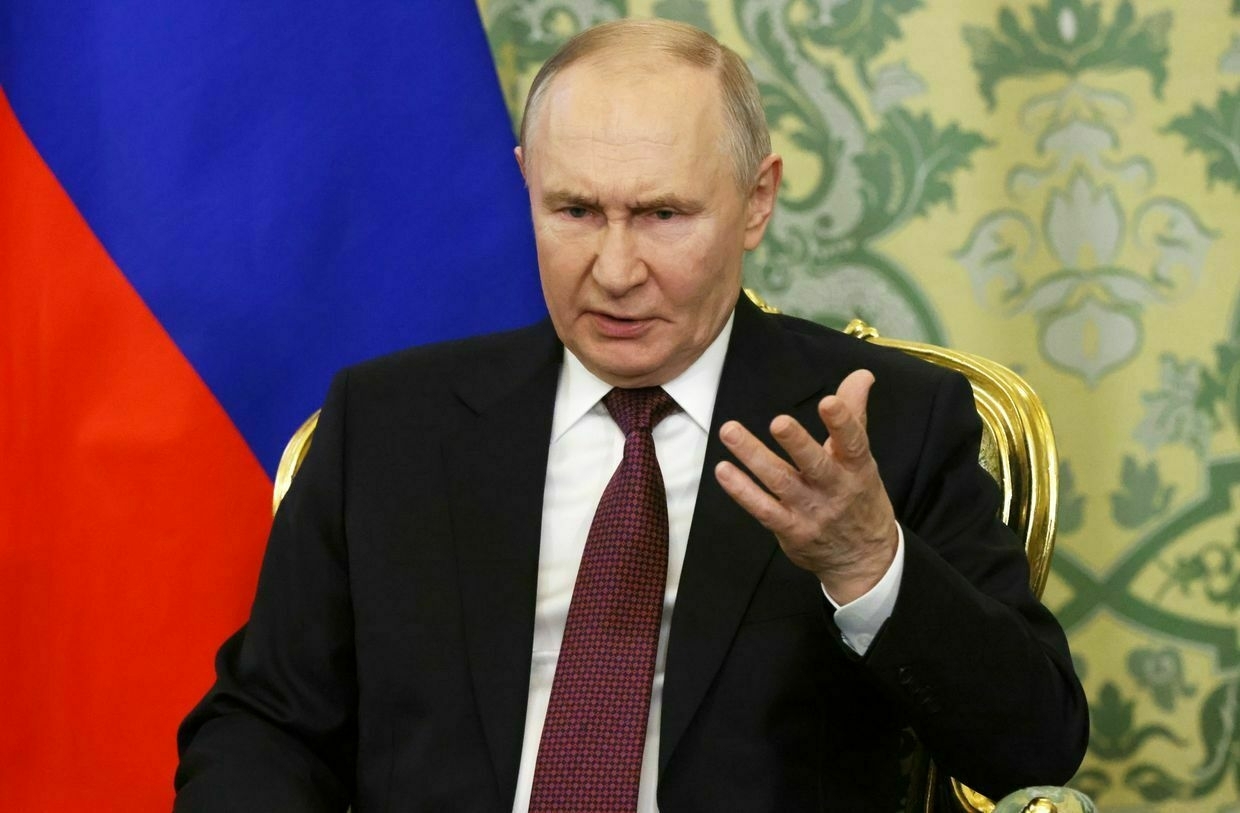
-
Trump’s patience wears thin as Russia delays Ukraine peace memo, CNN reports
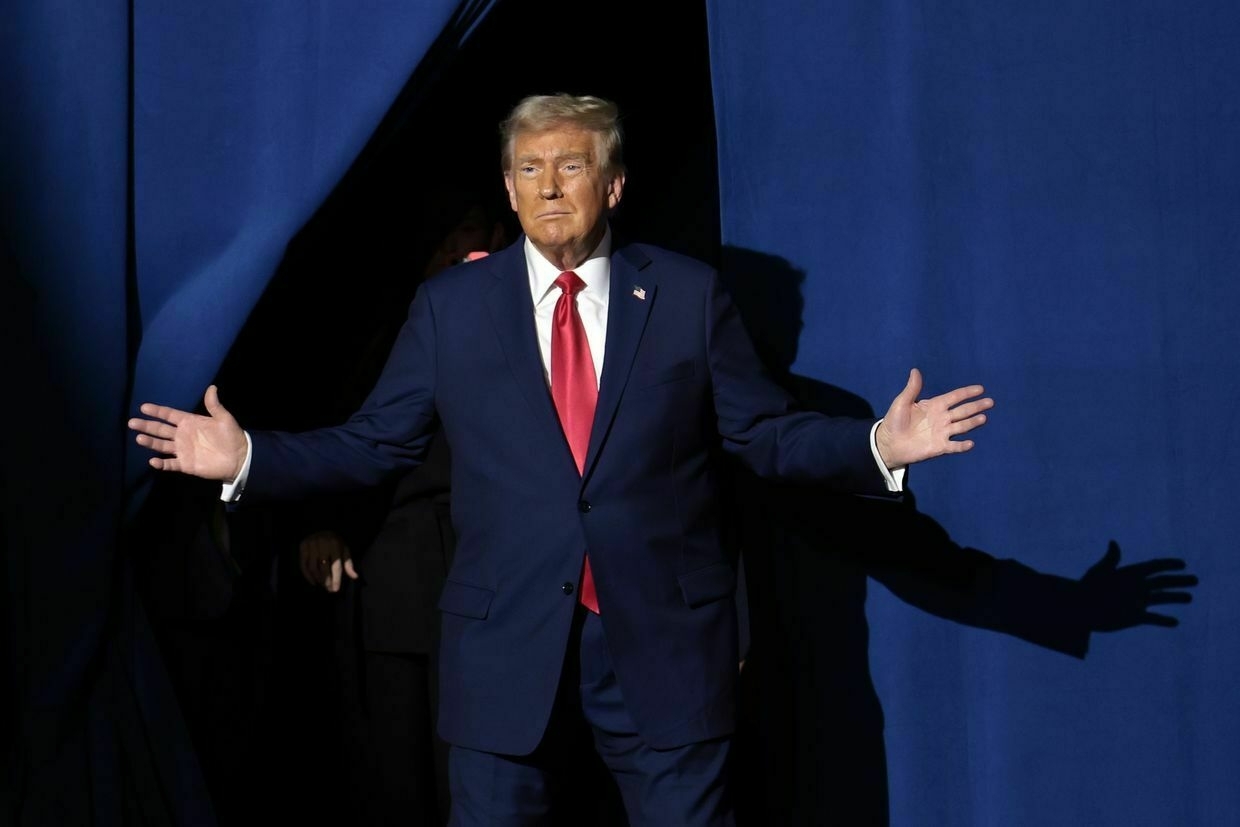
U.S. President Donald Trump is weighing new sanctions on Russia after a deadly weekend of missile and drone strikes across Ukraine, as Moscow delays delivering a promised peace proposal.
During a phone call with Russian President Vladimir Putin on May 19, Trump was told that a “memorandum of peace” outlining conditions for a ceasefire would be delivered shortly. As of May 27, no such document has been received, a U.S. official and a White House source familiar with the matter told CNN.
Kremlin spokesperson Dmitry Peskov said earlier that there was “no timeline” for completing the document, according to Russian state media TASS.
“He’s killing a lot of people,” Trump said of Putin on May 25. “I don’t know what’s wrong with him. What the hell happened to him?” The president’s comments came amid mounting pressure from both parties in Congress to take a firmer stance.
More than 80 senators have backed a bipartisan bill seeking sweeping new measures, including secondary sanctions and 500% tariffs on nations purchasing Russian energy. “All of us, by our public statements as well as private contacts, are pressing very, very hard,” Democratic Sen. Richard Blumenthal told CNN.
On Truth Social, Trump warned that Russia is “playing with fire” and hinted at potential consequences: “What Vladimir Putin doesn’t realize is that if it weren’t for me, lots of really bad things would have already happened to Russia, and I mean REALLY BAD."
The remarks prompted a pointed reaction from Moscow, with former Russian President Dmitry Medvedev interpreting them as a warning of possible escalation.
“Regarding Trump’s words about Putin ‘playing with fire’ and ‘really bad things’ happening to Russia. I only know of one REALLY BAD thing — WWIII,” Medvedev wrote on X on May 27. “I hope Trump understands this!”
According to Secretary of State Marco Rubio, Russian Foreign Minister Sergey Lavrov told him ahead of the Trump-Putin call that Moscow would prepare a draft outlining its requirements for a ceasefire. Russian Foreign Ministry spokesperson Maria Zakharova confirmed on May 27 that work on the document is ongoing. “As soon as the memorandum is prepared, it will be handed over to Kyiv,” she said.
Bracing for more Russian attacks, an anxious Ukraine waits for Trump to do… somethingAfter an unprecedented three-day wave of Russian aerial attacks in Ukraine over the weekend, the world is once again looking to U.S. President Donald Trump to take his first steps toward forcing Moscow to end its violence. From May 24 to 26, Russian forces fired more than 600 dronesThe Kyiv IndependentChris York
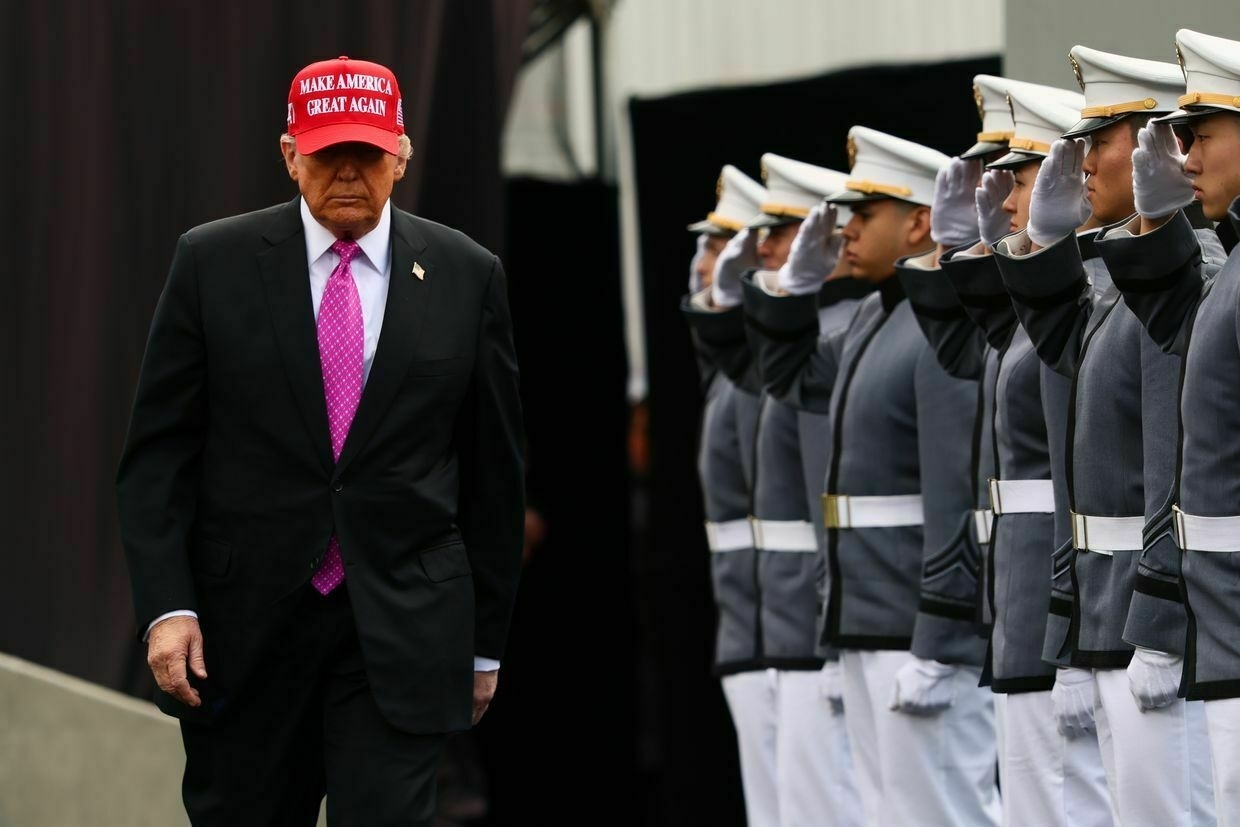
-
As peace efforts falter, Russia eyes major summer push in Donetsk Oblast
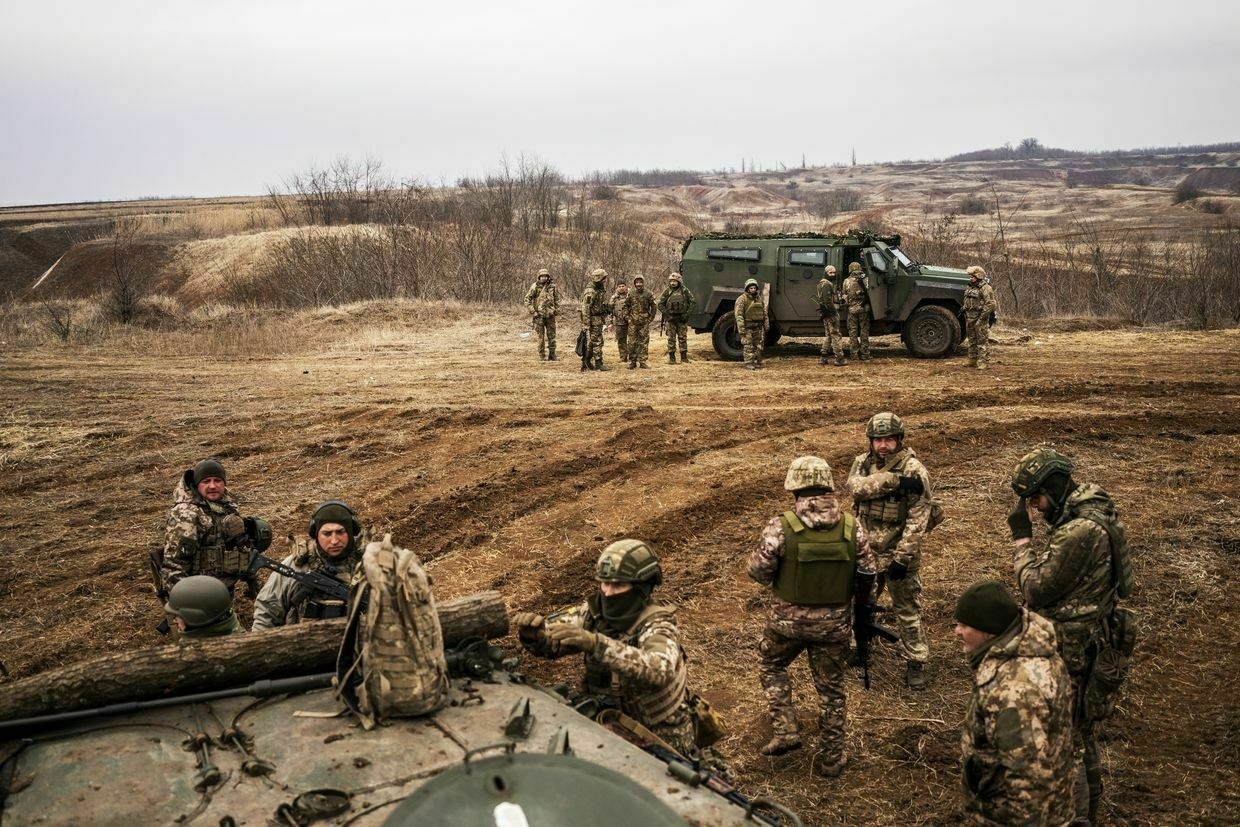
Ukrainian military officials and defense analysts warn that Russia is preparing for a major offensive in Ukraine’s eastern Donetsk Oblast this summer, aiming to seize the territory it has failed to fully control since 2022.
Some analysts interviewed by the Washington Post say the offensive has already begun, coinciding with stalled U.S.-brokered peace efforts and Moscow’s rejection of repeated Western ceasefire calls. U.S. experts believe President Vladimir Putin remains convinced that a military victory is still possible, although continued sanctions and battlefield losses have strained Russia’s capabilities.
Putin has long prioritized control over the entire Donetsk region, especially after failing to capture Kyiv early in the war. In September 2022, he declared Donetsk and three other partially occupied Ukrainian oblasts as part of the Russian Federation.
While Russia claims to seek peace, it insists that talks must address what it calls the “root causes” of the war. After direct negotiations between Russia and Ukraine in Istanbul on May 16, both sides agreed to draft a memorandum outlining principles for a future settlement.
Russia pushes forward in Donetsk Oblast, threatening Ukrainian pocket around ToretskRussian troops have upped the intensity of their Donetsk Oblast offensive in recent weeks, increasingly pressuring a relatively large Ukrainian pocket between some of the last cities in the region. An unsettling situation for Ukrainian troops is now unfolding south of the town of Kostiantynivka, which has long served asThe Kyiv IndependentAsami Terajima
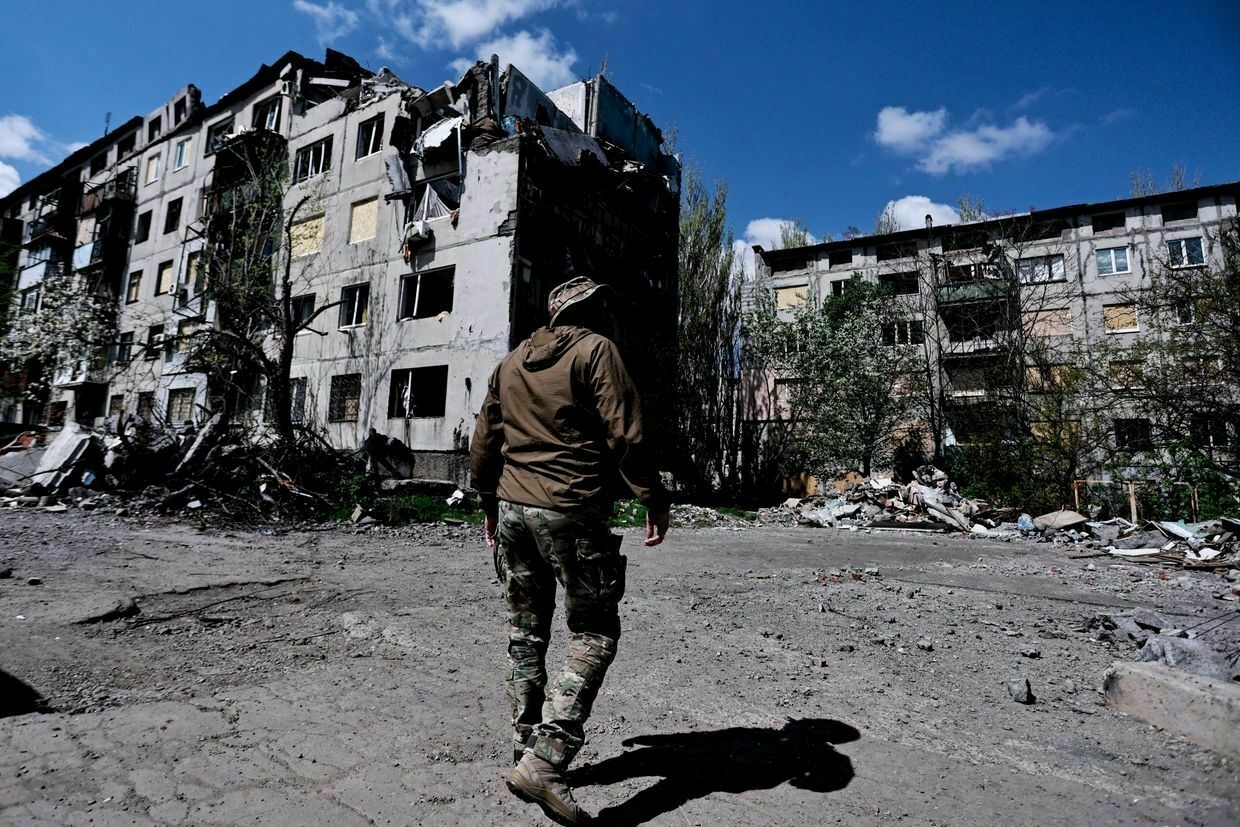
Analysts say that while the main offensive will focus on Donetsk—particularly the towns of Pokrovsk and Kostiantynivka—Russia is also preparing smaller operations in Ukraine’s northeastern Sumy and Kharkiv oblasts.
Mykola Bielieskov of Ukraine’s National Institute for Strategic Studies told the Washington Post that Kostiantynivka remains a key target as it is a “promising” prospect for the Russian forces at present, he said, given Russia’s ability to attack it from three directions. Despite past predictions that these towns would fall by late 2023, Ukrainian forces have continued to hold them through significant effort.
Ukraine, however, remains under strain due to recruitment shortfalls and limited firepower, while Russia has exceeded its military recruitment goals. Still, with around 125,000 troops on the Sumy and Kharkiv borders, Russia lacks the manpower for full-scale offensives in both regions, according to Ukrainian military intelligence.
Instead, Russia may attempt to seize small territories to create “buffer zones,” as described by Russian officials. Russian forces have already taken four villages in northeastern Sumy Oblast and aim to pressure regional centers like Sumy city.
Ukraine continues to focus on defense, aiming to inflict heavy losses on Russian forces rather than reclaim territory. This strategy hinges on sustained foreign weapons supplies, especially from the U.S., which are not guaranteed.
Europe has signaled increased support, with German Chancellor Friedrich Merz recently lifting restrictions on Ukraine’s use of long-range weapons. Russia has seized on this move as proof that Europe opposes peace. Russian Foreign Minister Sergei Lavrov responded to U.S. President Donald Trump’s criticism of Russian airstrikes by saying Trump’s frustration is directed at European leaders for allegedly undermining his peace efforts.
Bracing for more Russian attacks, an anxious Ukraine waits for Trump to do… somethingAfter an unprecedented three-day wave of Russian aerial attacks in Ukraine over the weekend, the world is once again looking to U.S. President Donald Trump to take his first steps toward forcing Moscow to end its violence. From May 24 to 26, Russian forces fired more than 600 dronesThe Kyiv IndependentChris York
